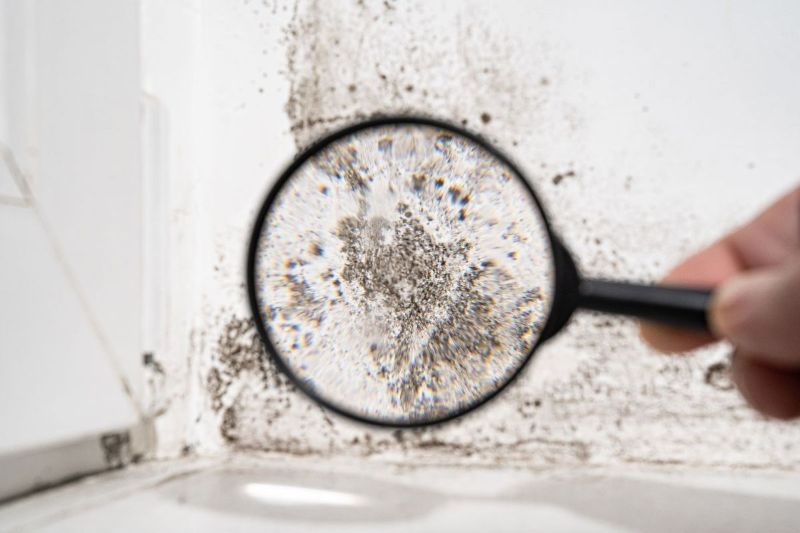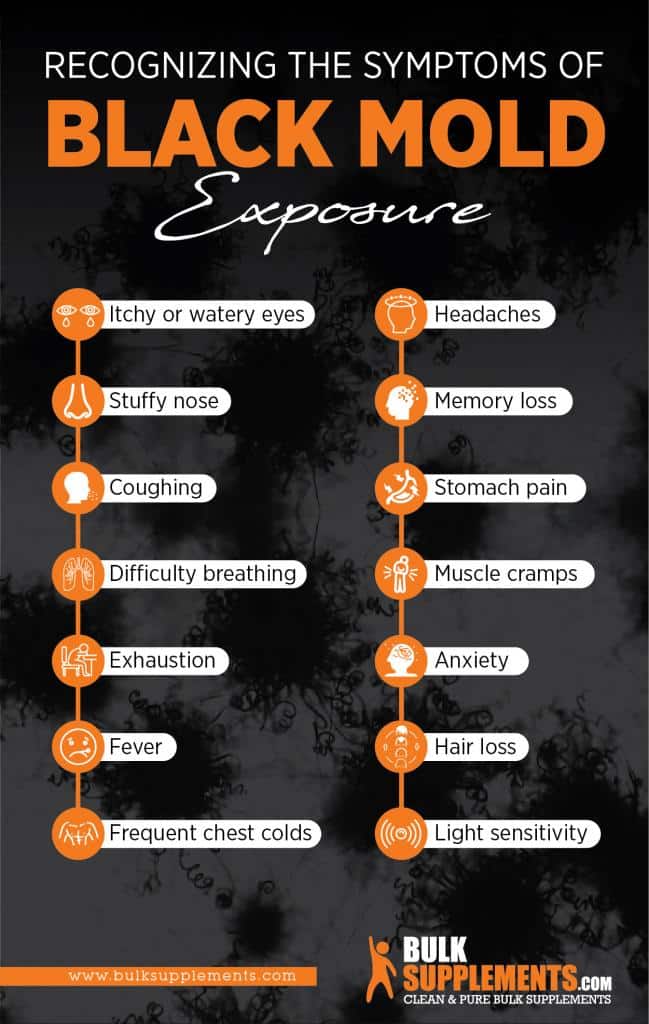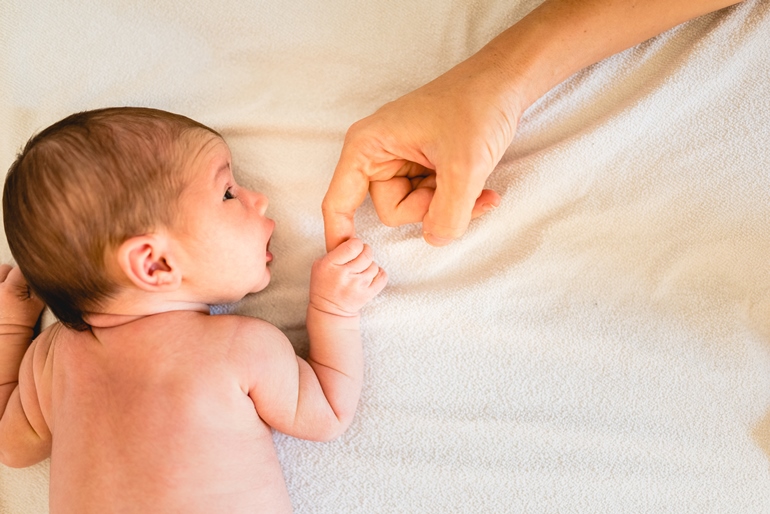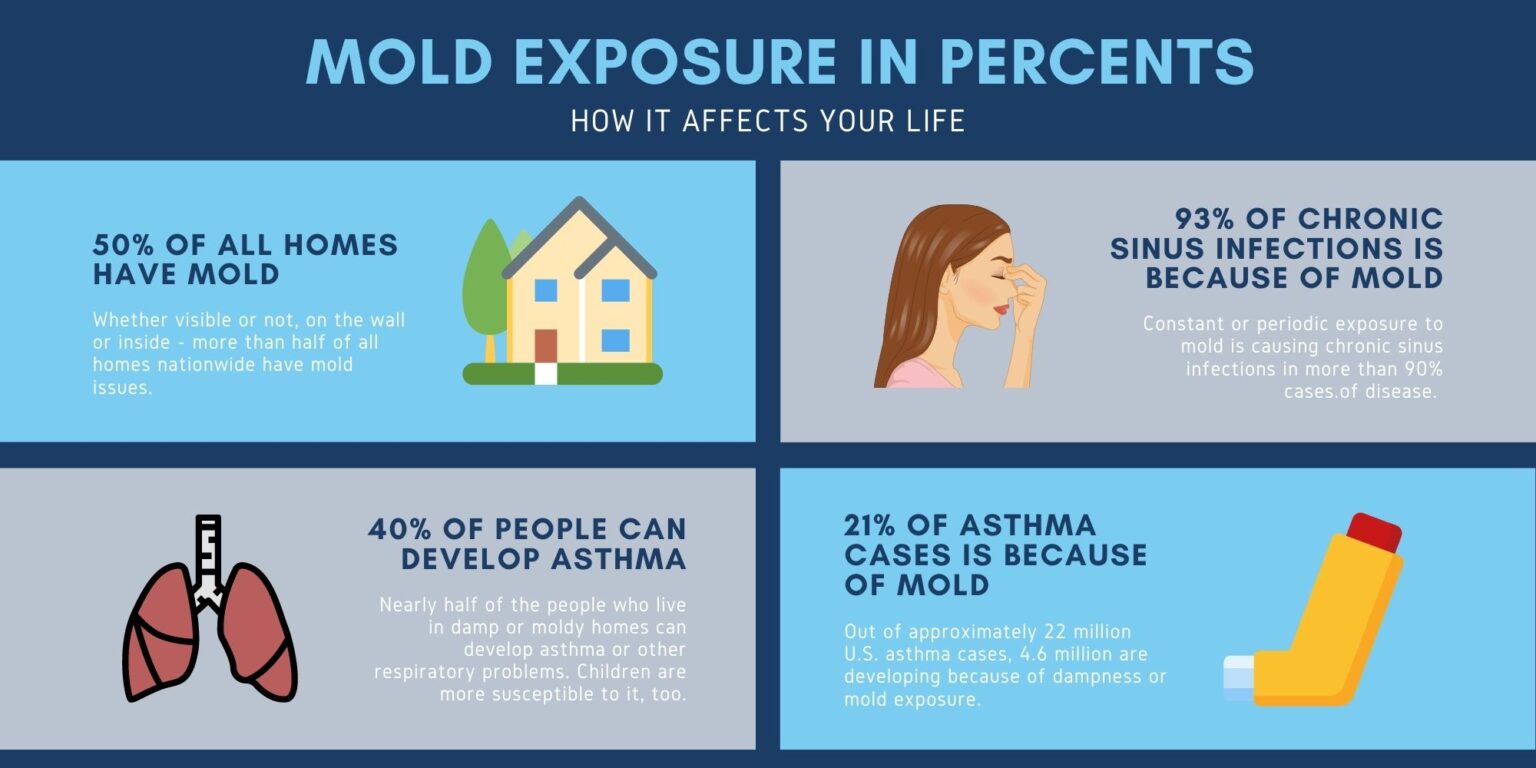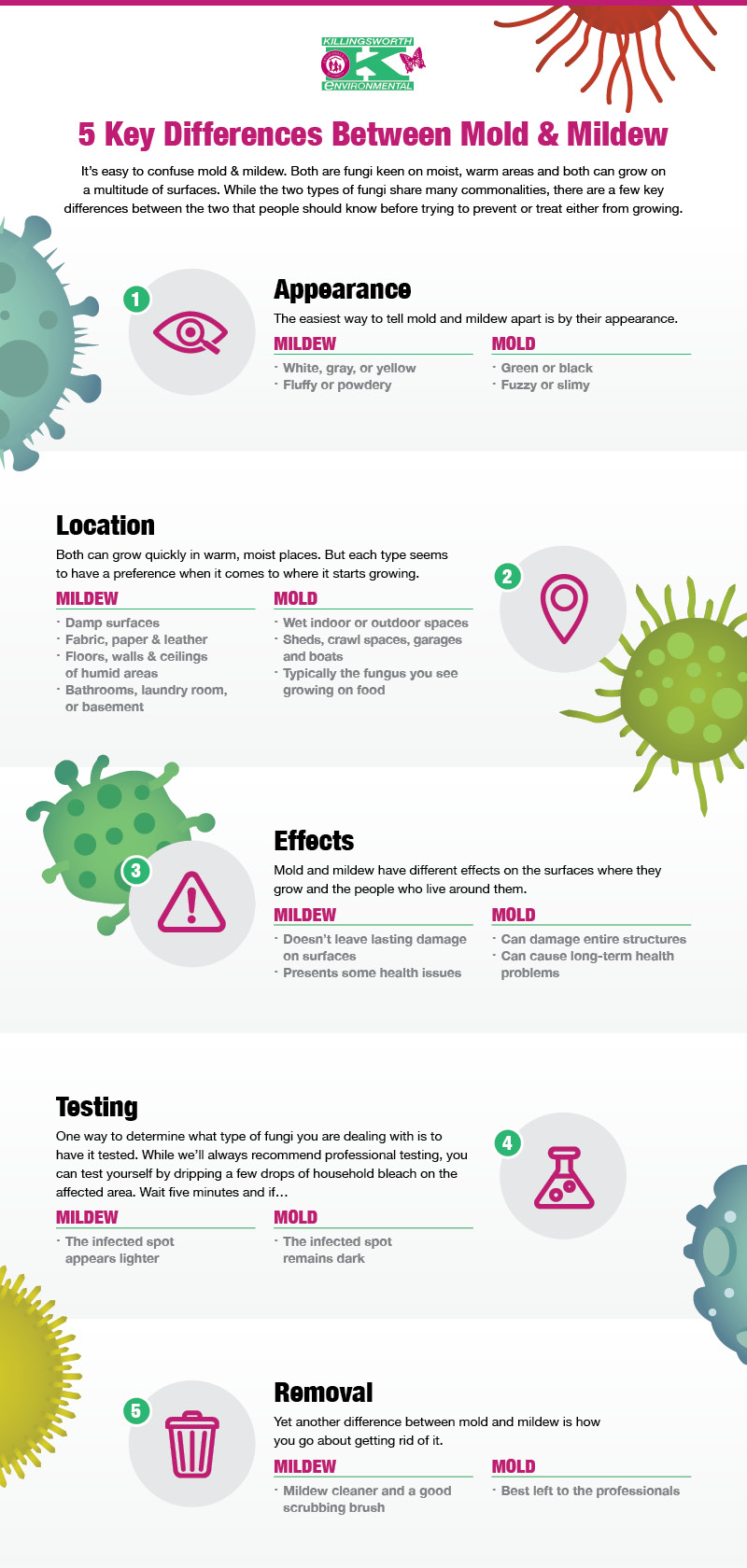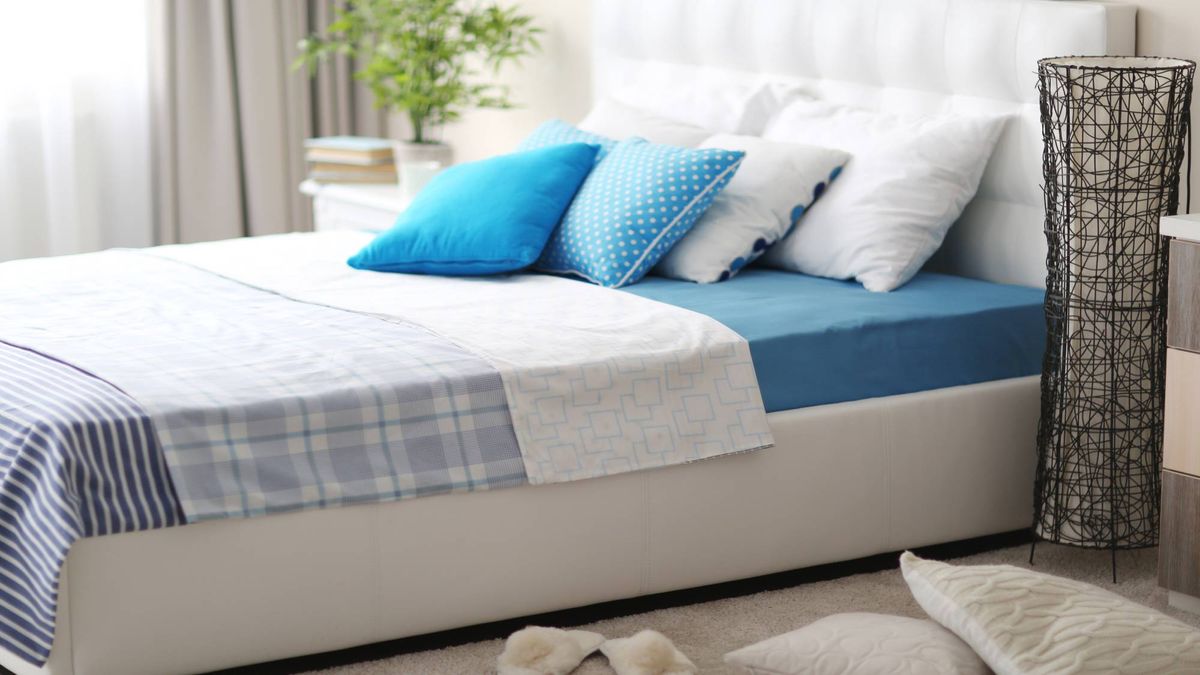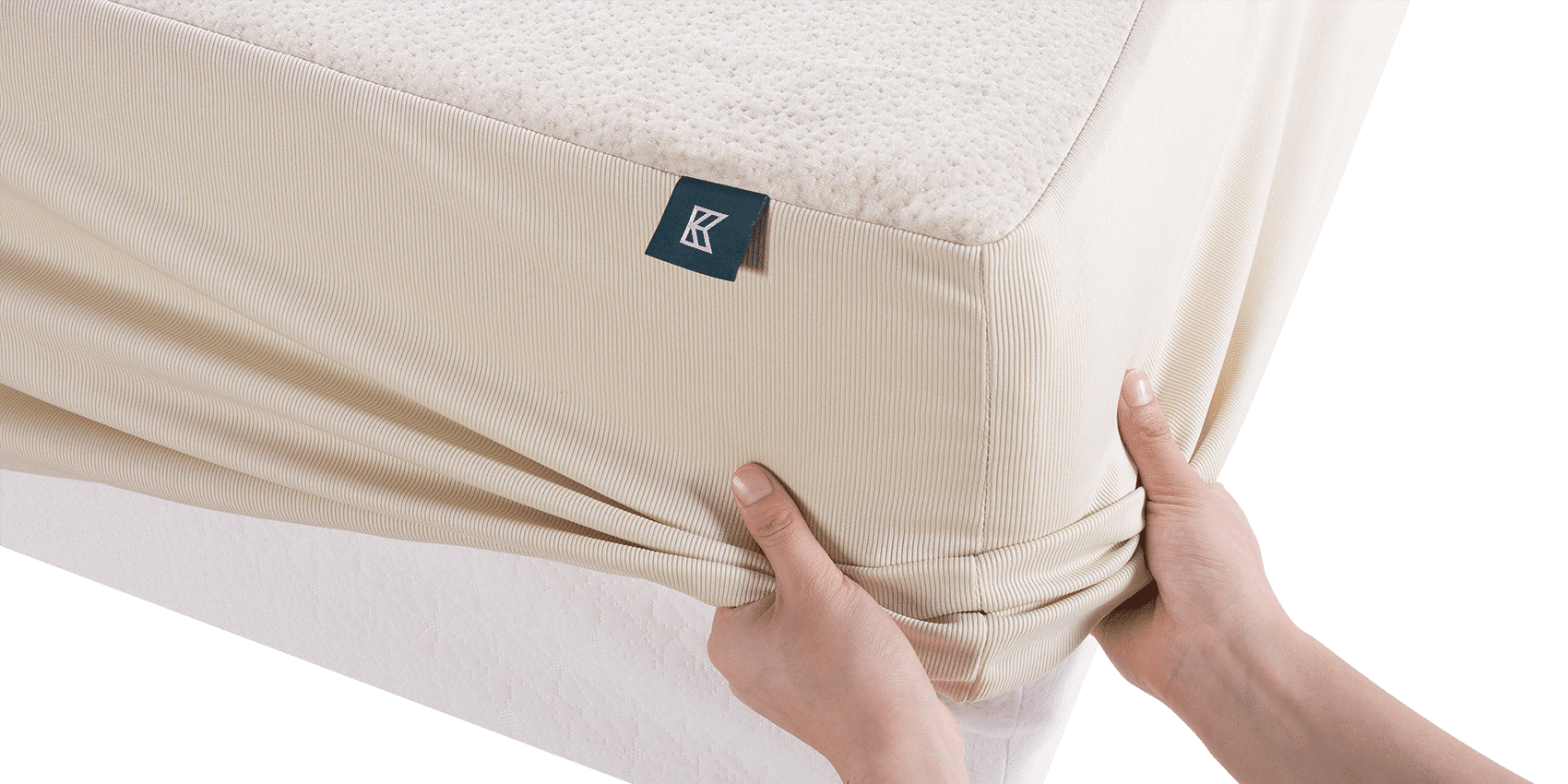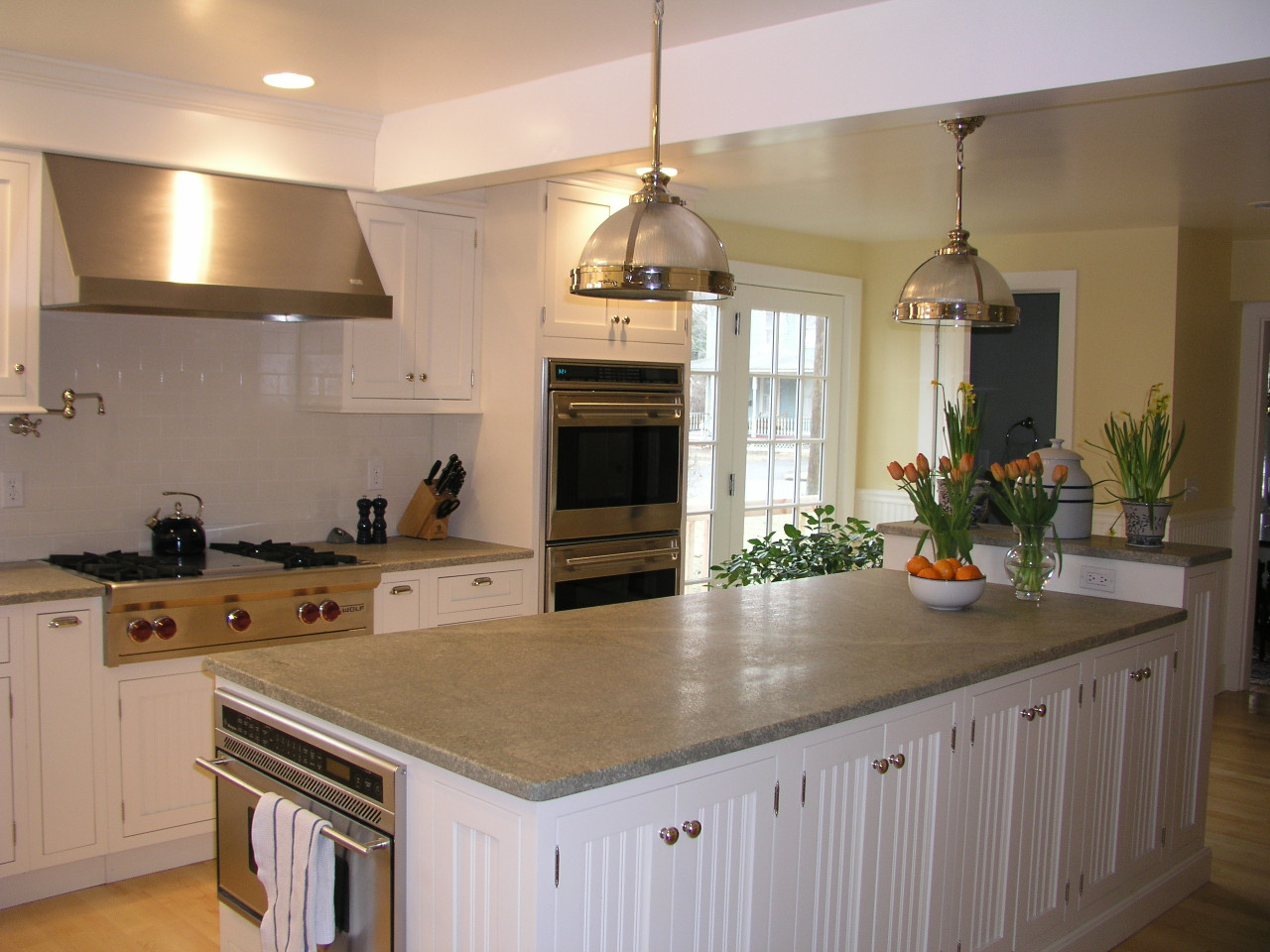Mold is a common issue that many homeowners face, and the kitchen is one of the most susceptible places for it to grow. Not only is it unsightly, but it can also pose serious health risks, especially for newborns. If you suspect mold in your kitchen, it's important to take immediate action to identify and remove it. Follow these steps to effectively deal with mold in your kitchen.How to Identify and Remove Mold in Your Kitchen
The best way to deal with mold is to prevent it from growing in the first place. Prevention is key when it comes to mold in your kitchen. Keep your kitchen well-ventilated, fix any leaks or water damage immediately, and regularly clean and disinfect surfaces. Additionally, keeping your kitchen clutter-free and dry can also help prevent mold growth.How to Prevent Mold Growth in Your Kitchen
Newborns are particularly vulnerable to the effects of mold exposure. Mold can cause respiratory issues, allergies, and even infections in infants. This is because their immune systems are still developing, making them more susceptible to the harmful effects of mold. It's crucial to address any mold issues in your kitchen, especially if you have a newborn in the house.The Dangers of Mold Exposure for Newborns
Mold can be tricky to spot, especially when it's growing in hidden places like your kitchen walls. Some signs to look out for include a musty smell, discoloration on your walls, and visible mold growth. You may also notice peeling paint or wallpaper, or a damp feeling in the affected area.Signs of Mold in Your Kitchen Walls
If you've identified mold in your kitchen walls, it's important to clean it as soon as possible. You can use a mixture of water and mild detergent to scrub away the mold, but be sure to wear protective gear such as gloves and a mask. For more stubborn mold growth, you may need to use a stronger solution or hire a professional mold remediation service.How to Clean Mold from Your Kitchen Walls
Mold needs moisture to grow, so the most common cause of mold in kitchen walls is a water leak or high humidity. This can be from a leaky pipe, a roof leak, or even condensation from cooking or using the dishwasher. It's important to address these issues promptly to prevent mold growth in your kitchen.Common Causes of Mold in Kitchen Walls
If you're unsure whether there is mold in your kitchen, you can purchase a mold testing kit to do a simple home test. These kits can detect the presence of mold spores in the air. However, for more accurate results, it's best to hire a professional mold inspector who can conduct a thorough inspection of your kitchen and identify any potential mold issues.How to Test for Mold in Your Kitchen
Mold may seem like a minor inconvenience, but it's important to take it seriously and address it promptly. Not only can it cause health issues for your family, but it can also damage your home's structure and decrease its value. By taking action to address mold in your kitchen, you can protect your family and your home.The Importance of Addressing Mold in Your Kitchen
If you have a newborn in the house, it's crucial to take extra precautions to protect them from mold exposure. Keep your kitchen well-ventilated, regularly clean and disinfect surfaces, and promptly address any water leaks or moisture issues. If you suspect mold in your kitchen, it's best to keep your newborn out of the affected area until it has been properly remediated.How to Protect Your Newborn from Mold Exposure
Mold exposure has been linked to respiratory issues in newborns, such as wheezing and asthma. This is because mold can release spores and toxins into the air, which can irritate your baby's sensitive respiratory system. By addressing mold in your kitchen, you can help protect your newborn from potential health issues.The Link Between Mold and Respiratory Issues in Newborns
The Dangers of Mold in Your Kitchen Walls for Your Newborn
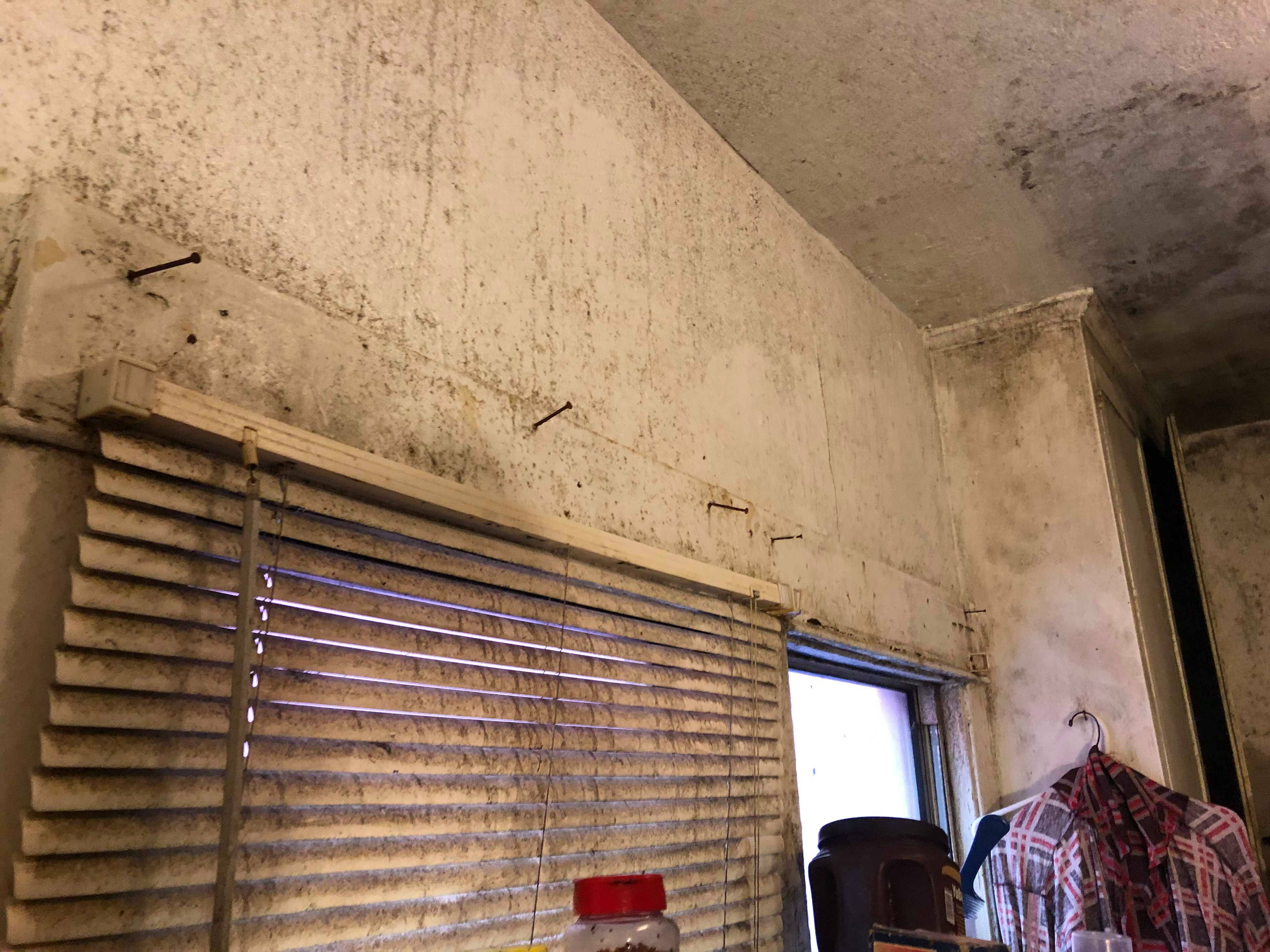
Mold: A Silent Threat in Your Home
 When it comes to creating a safe and healthy environment for your newborn, the last thing you want to worry about is mold. Unfortunately, mold is a common problem in many households, and it can be especially dangerous for infants. One area of the house where mold often goes undetected is in the kitchen walls. This hidden threat can have serious consequences for your baby's health if left untreated. In this article, we will discuss the dangers of mold in your kitchen walls and how to prevent it from affecting your newborn.
When it comes to creating a safe and healthy environment for your newborn, the last thing you want to worry about is mold. Unfortunately, mold is a common problem in many households, and it can be especially dangerous for infants. One area of the house where mold often goes undetected is in the kitchen walls. This hidden threat can have serious consequences for your baby's health if left untreated. In this article, we will discuss the dangers of mold in your kitchen walls and how to prevent it from affecting your newborn.
The Hidden Danger of Mold in Kitchen Walls
 Mold is a type of fungus that grows in damp and humid environments. This makes the kitchen, with its frequent use of water and steam, a prime breeding ground for mold. When it starts to grow in your kitchen walls, it can easily go undetected as it is hidden behind cabinets, appliances, and wallpaper. This makes it difficult to spot until it has spread and caused serious damage.
One of the most concerning aspects of mold in kitchen walls is the fact that it releases spores into the air. These spores can be inhaled by your newborn, causing respiratory problems such as coughing, wheezing, and difficulty breathing. Some types of mold can also release mycotoxins, which can be toxic and have a harmful effect on your baby's health. In addition, if your baby has any allergies, exposure to mold can worsen their symptoms.
Mold is a type of fungus that grows in damp and humid environments. This makes the kitchen, with its frequent use of water and steam, a prime breeding ground for mold. When it starts to grow in your kitchen walls, it can easily go undetected as it is hidden behind cabinets, appliances, and wallpaper. This makes it difficult to spot until it has spread and caused serious damage.
One of the most concerning aspects of mold in kitchen walls is the fact that it releases spores into the air. These spores can be inhaled by your newborn, causing respiratory problems such as coughing, wheezing, and difficulty breathing. Some types of mold can also release mycotoxins, which can be toxic and have a harmful effect on your baby's health. In addition, if your baby has any allergies, exposure to mold can worsen their symptoms.
Preventing and Treating Mold in Your Kitchen Walls
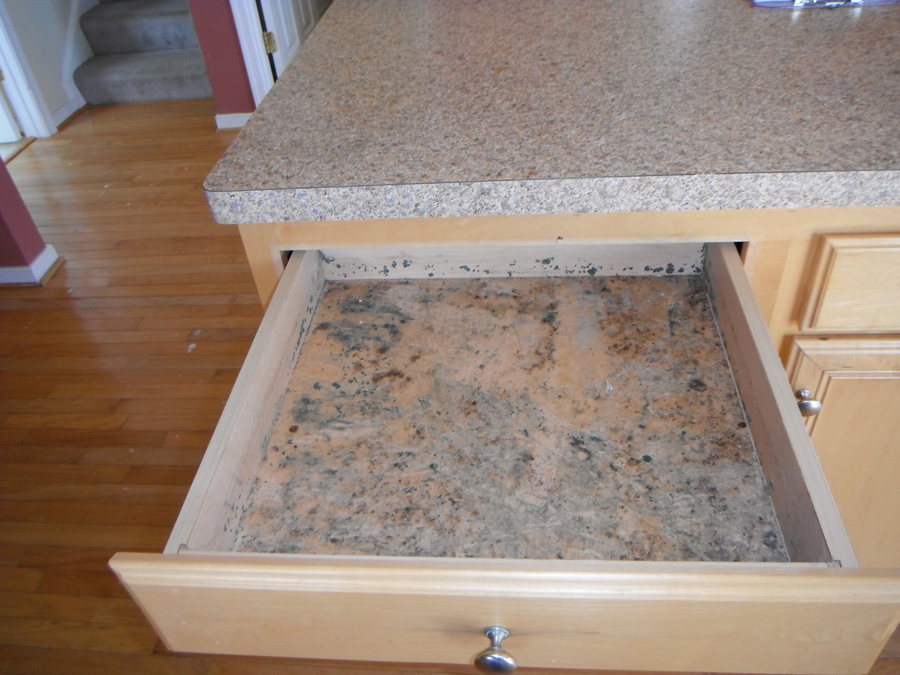 The best way to protect your newborn from the dangers of mold in your kitchen walls is to prevent it from growing in the first place. Regularly inspect your kitchen for any signs of water damage, such as leaking pipes or condensation on walls, and address them immediately. Keep your kitchen well-ventilated by opening windows or using an exhaust fan while cooking.
If you do find mold in your kitchen walls, it is important to take action right away.
Mold remediation
should be done by a professional to ensure complete removal and proper handling of the affected area. They will also be able to identify any underlying issues, such as a leaky pipe, that may have caused the mold growth. To prevent future mold growth, make sure to fix any sources of moisture in your kitchen.
In conclusion, mold in your kitchen walls can pose a serious threat to your newborn's health. It is important to be vigilant and take preventive measures to keep your kitchen dry and well-ventilated. If you do discover mold, seek professional help to remove it and address any underlying issues. With these precautions, you can create a safe and healthy environment for your baby in your home.
The best way to protect your newborn from the dangers of mold in your kitchen walls is to prevent it from growing in the first place. Regularly inspect your kitchen for any signs of water damage, such as leaking pipes or condensation on walls, and address them immediately. Keep your kitchen well-ventilated by opening windows or using an exhaust fan while cooking.
If you do find mold in your kitchen walls, it is important to take action right away.
Mold remediation
should be done by a professional to ensure complete removal and proper handling of the affected area. They will also be able to identify any underlying issues, such as a leaky pipe, that may have caused the mold growth. To prevent future mold growth, make sure to fix any sources of moisture in your kitchen.
In conclusion, mold in your kitchen walls can pose a serious threat to your newborn's health. It is important to be vigilant and take preventive measures to keep your kitchen dry and well-ventilated. If you do discover mold, seek professional help to remove it and address any underlying issues. With these precautions, you can create a safe and healthy environment for your baby in your home.
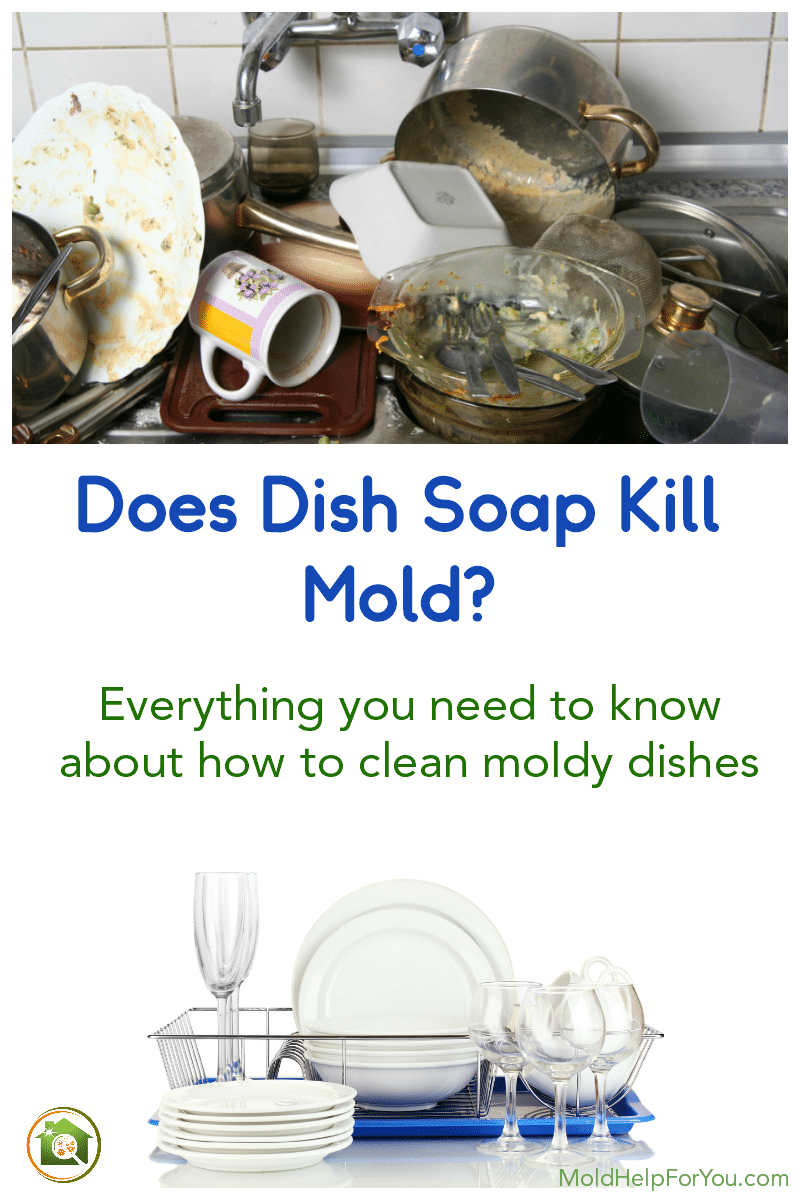


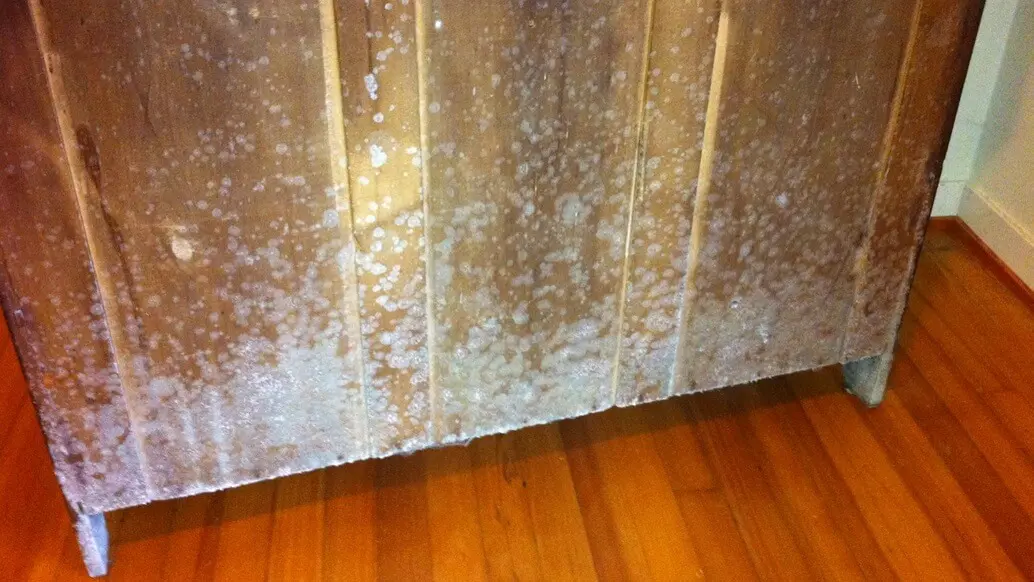




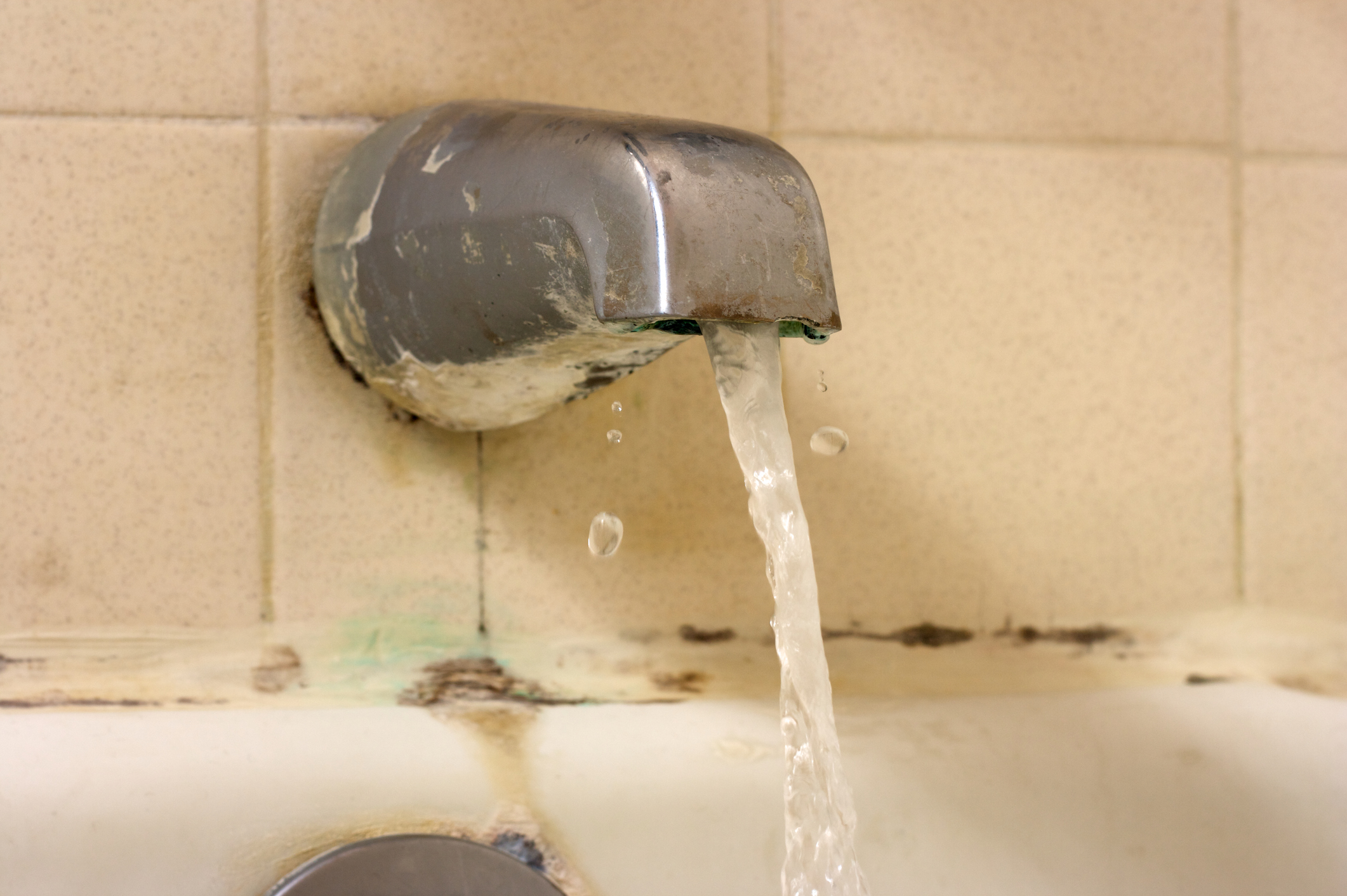
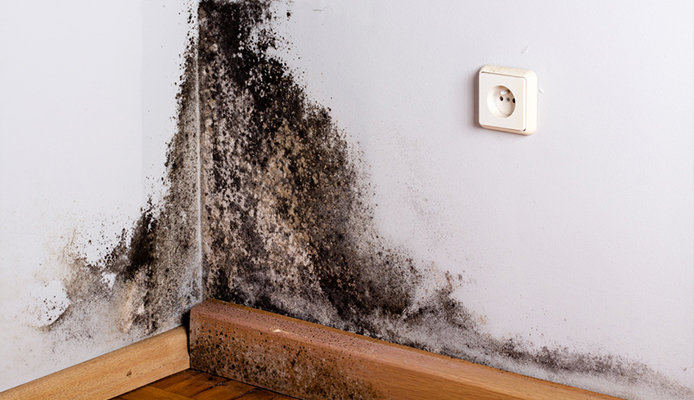
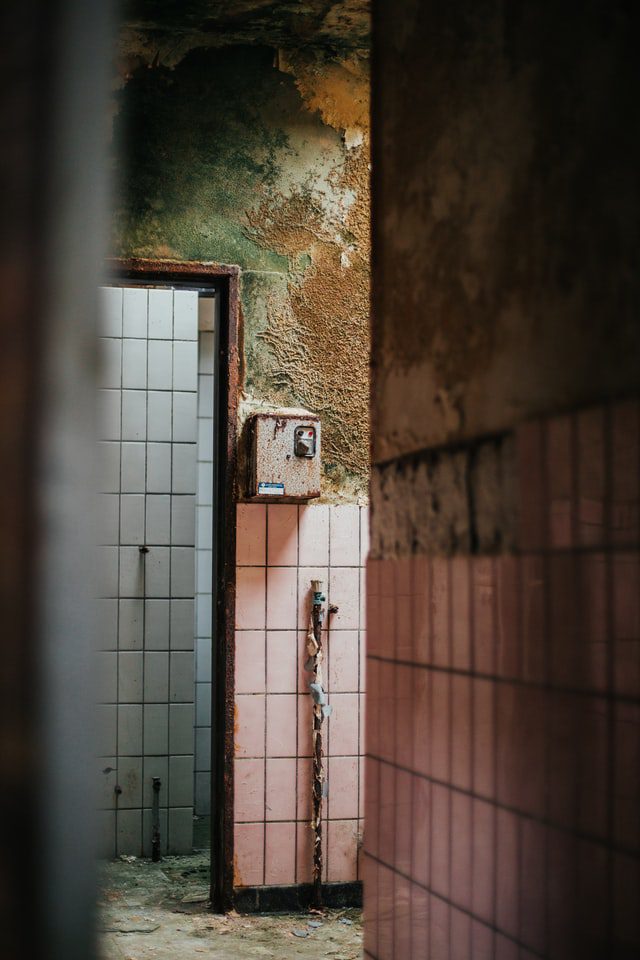


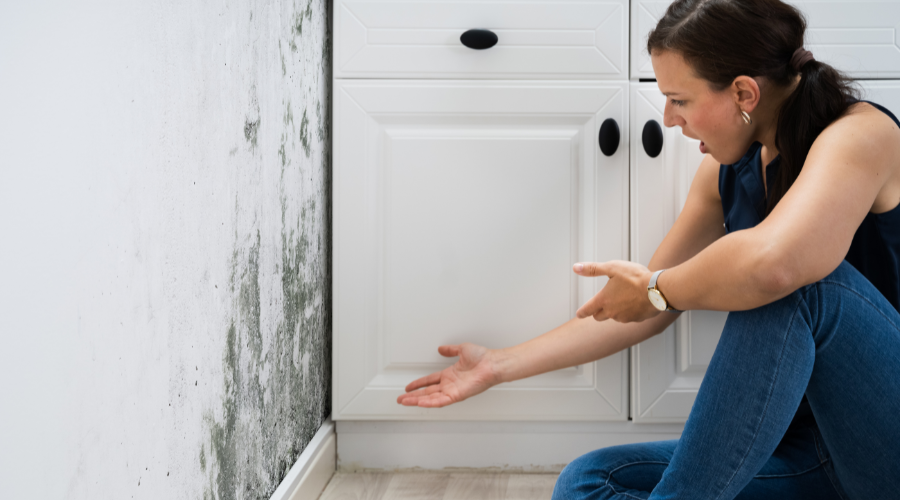

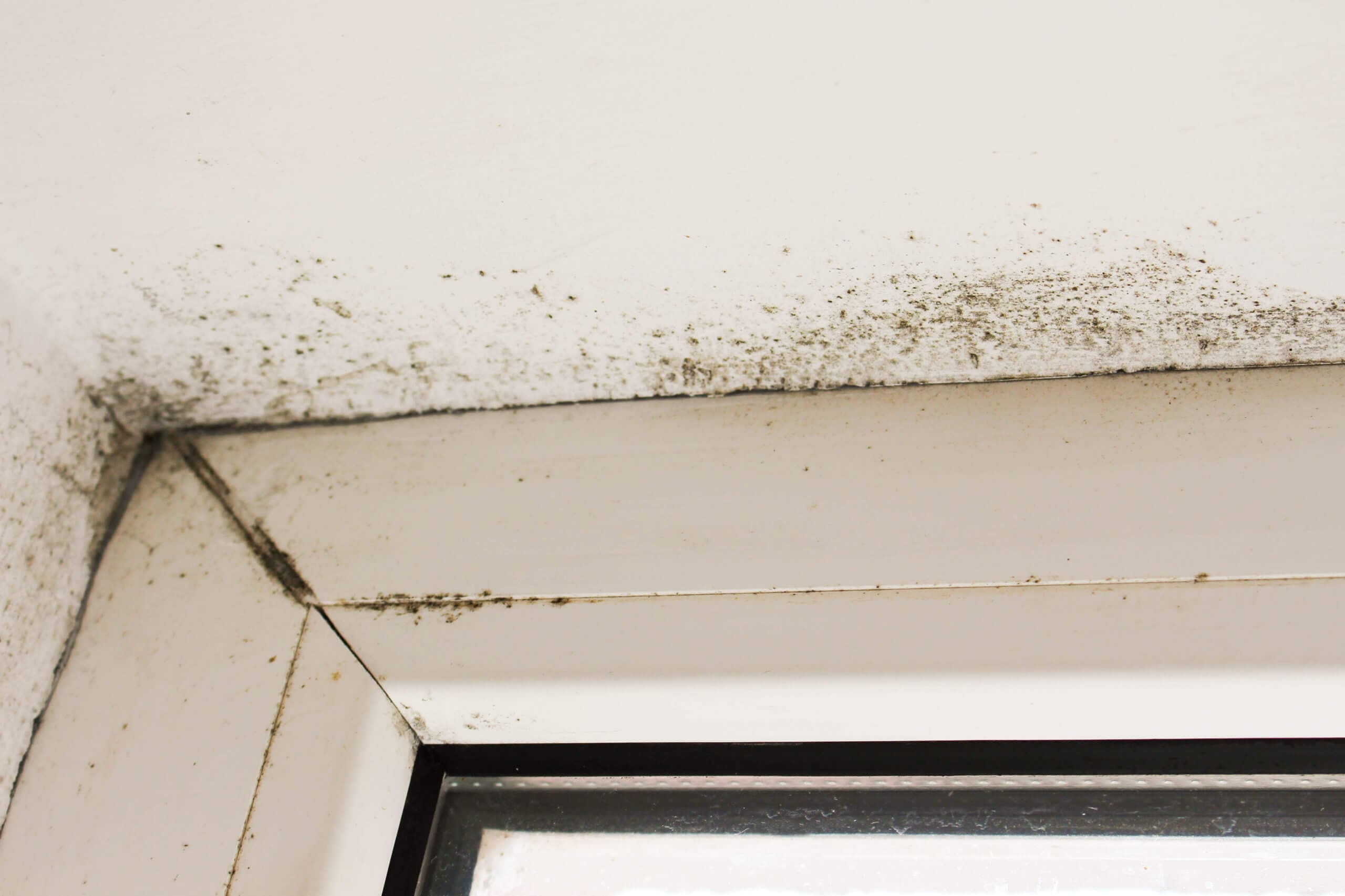
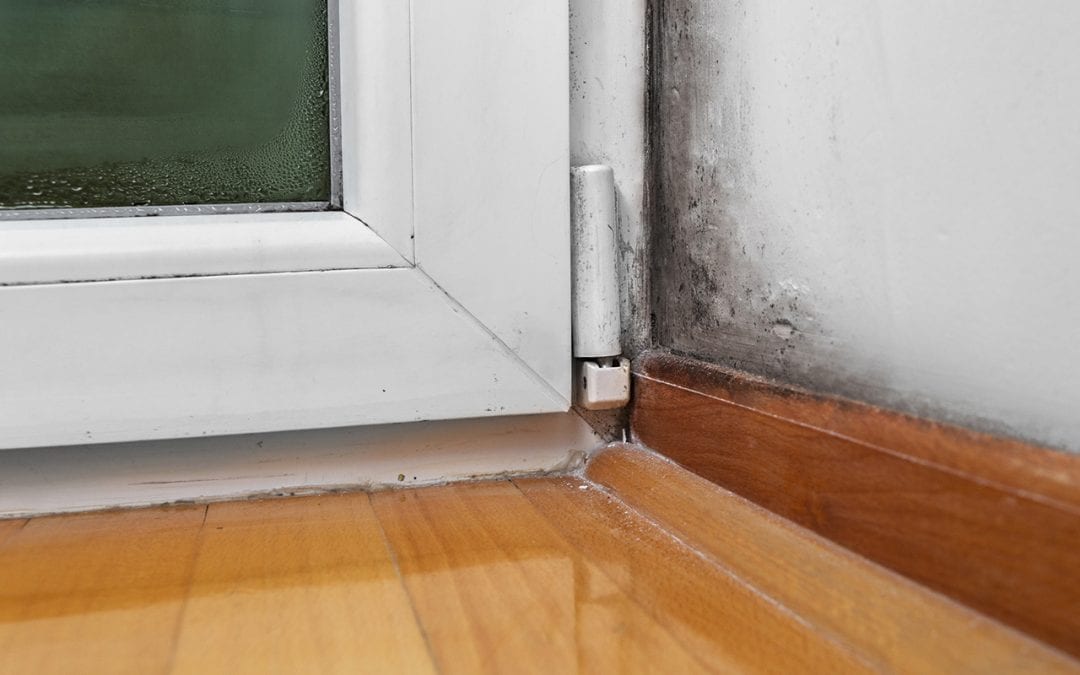
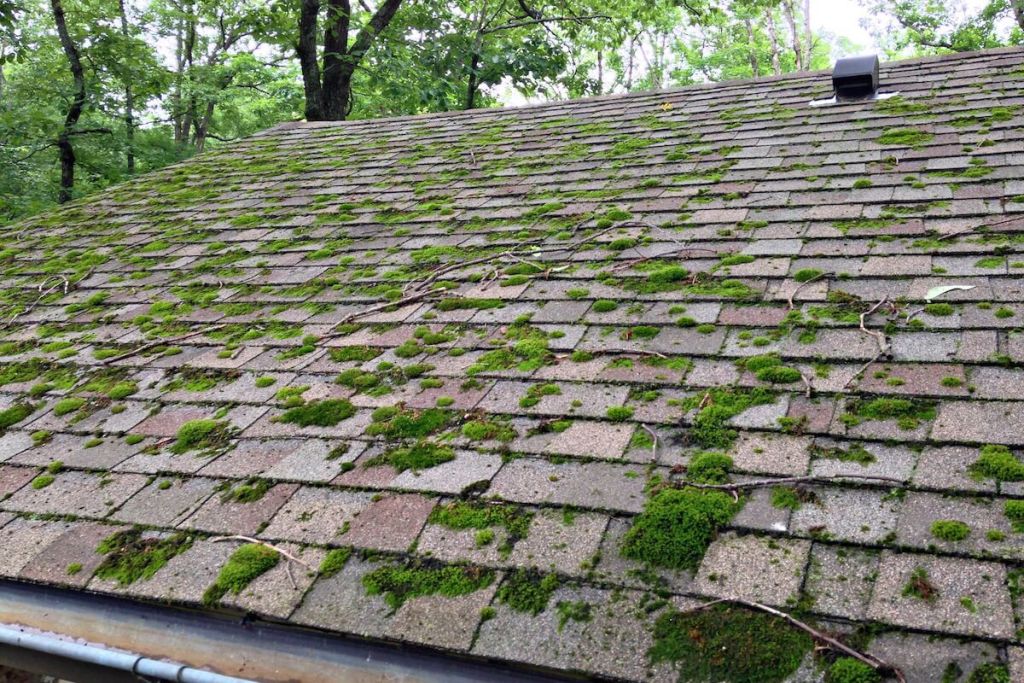

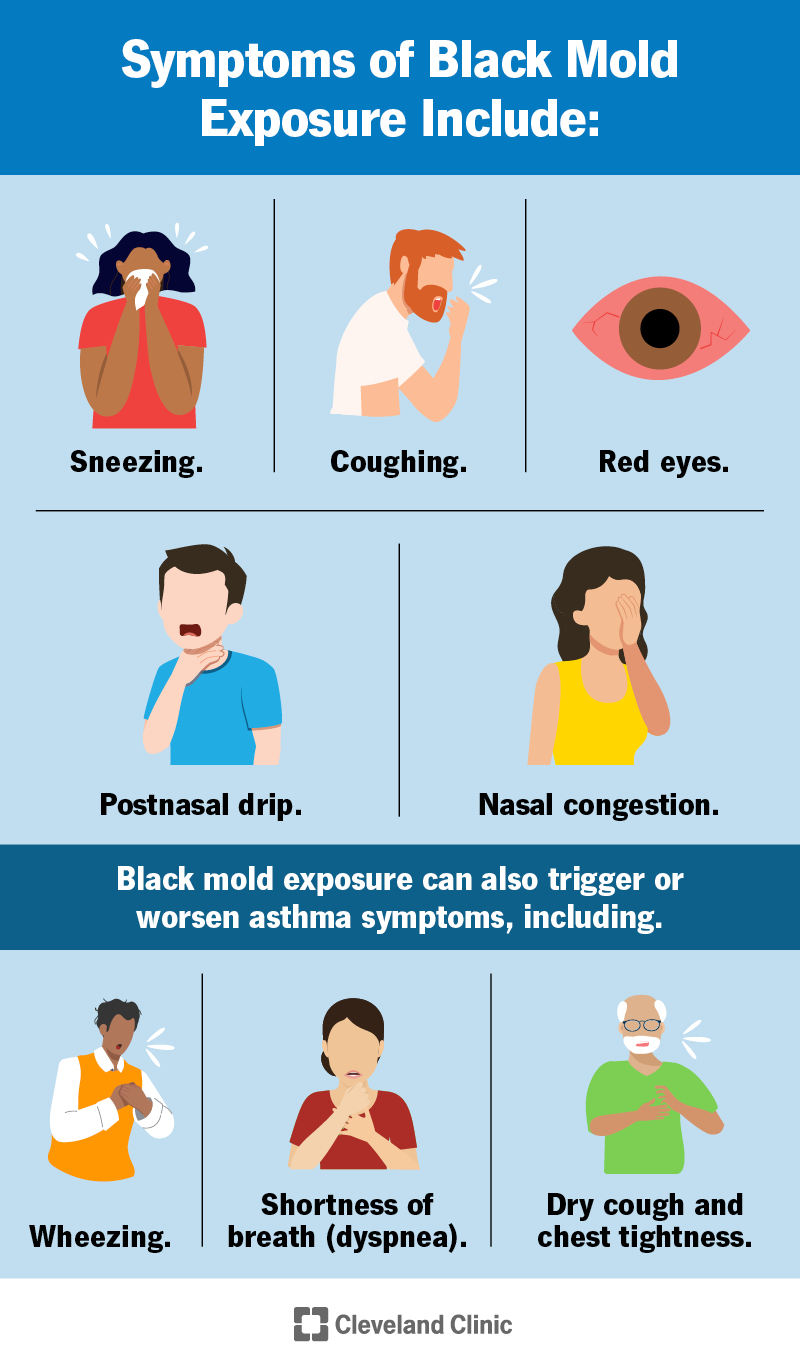



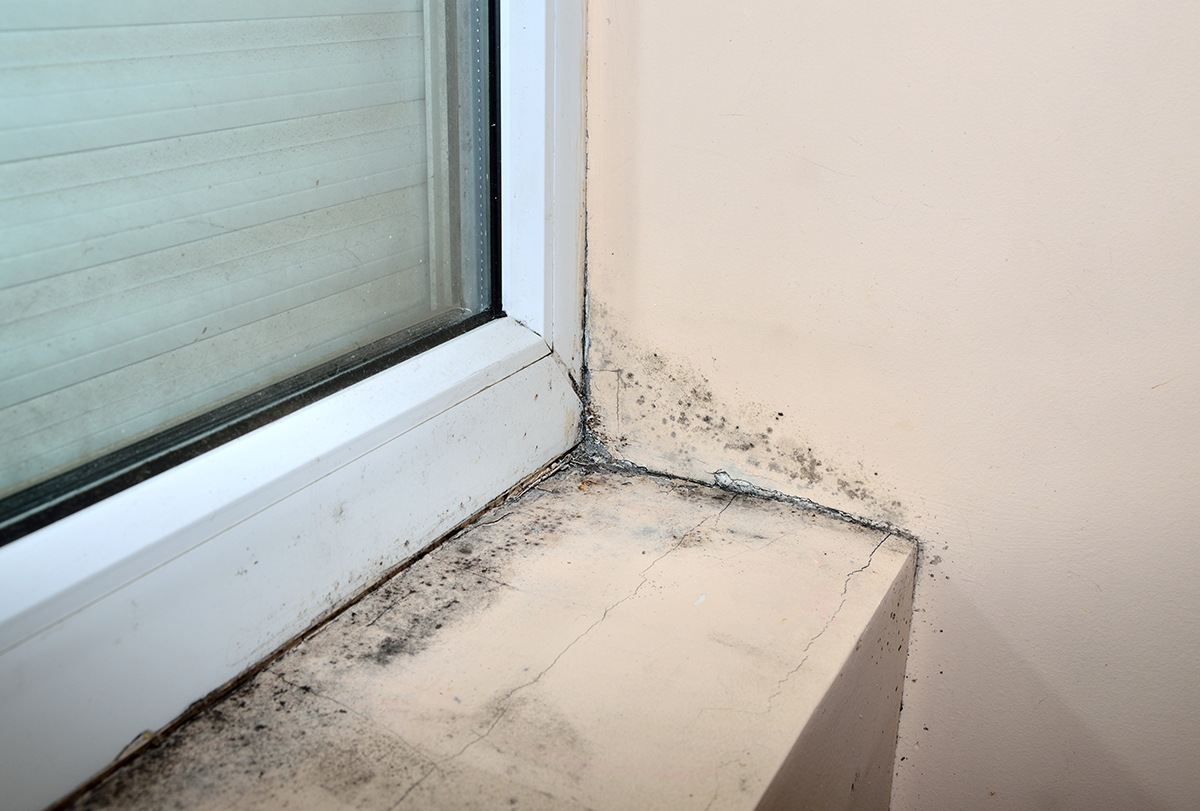
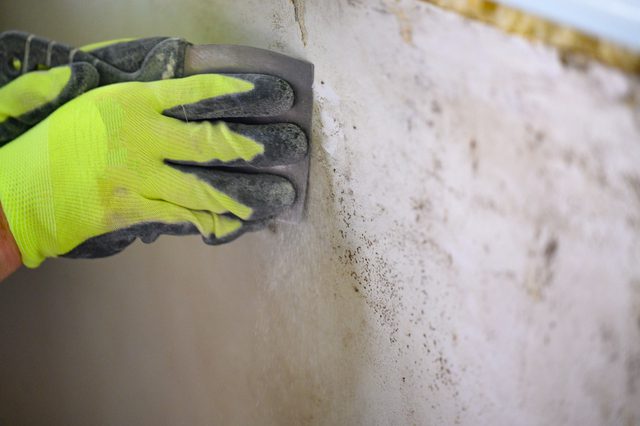
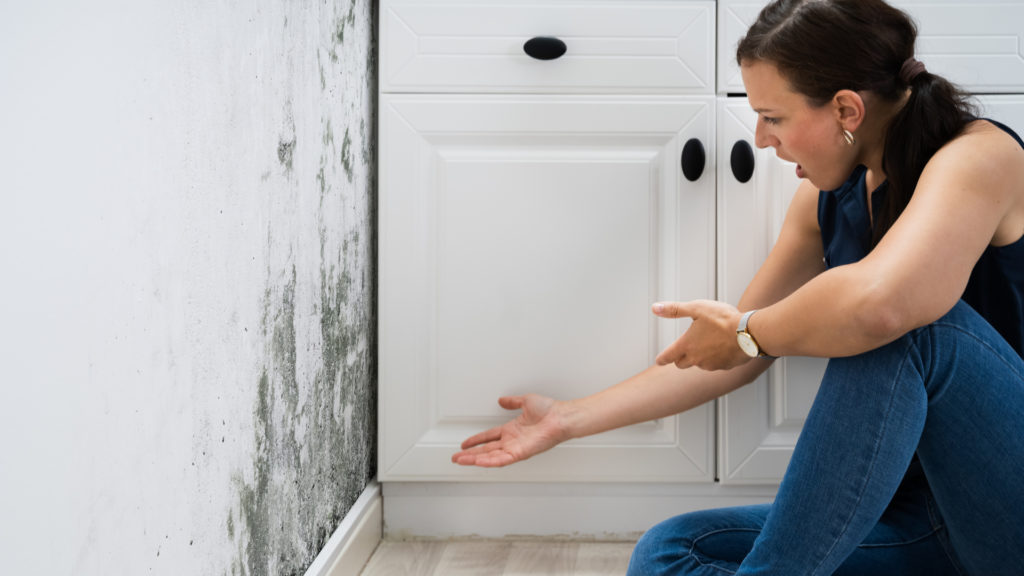
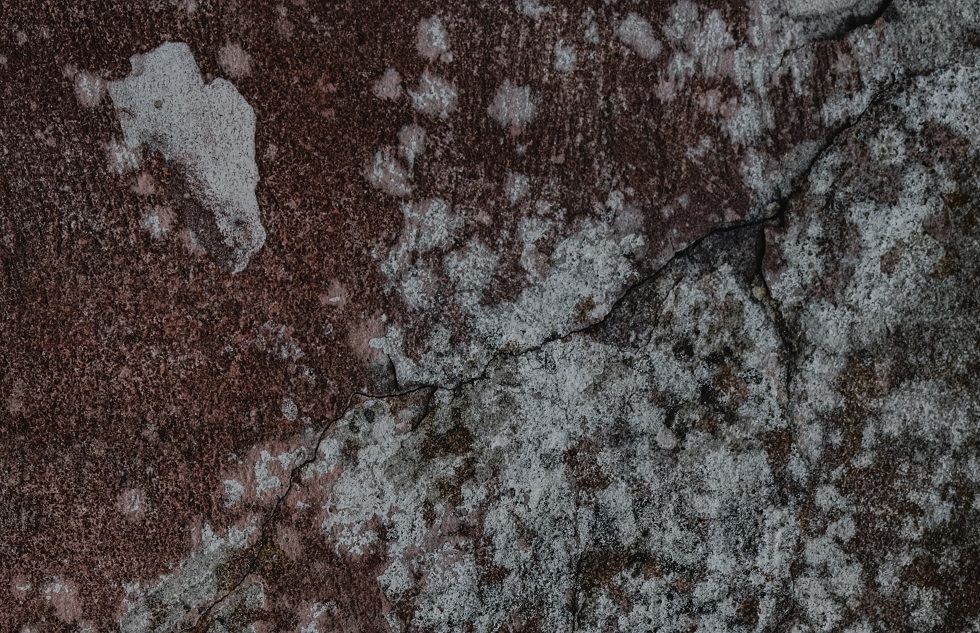


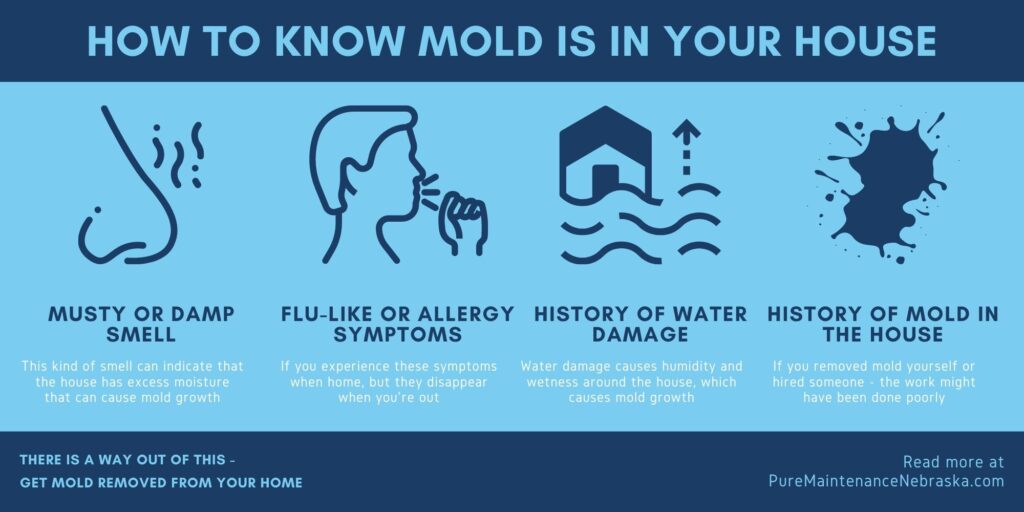
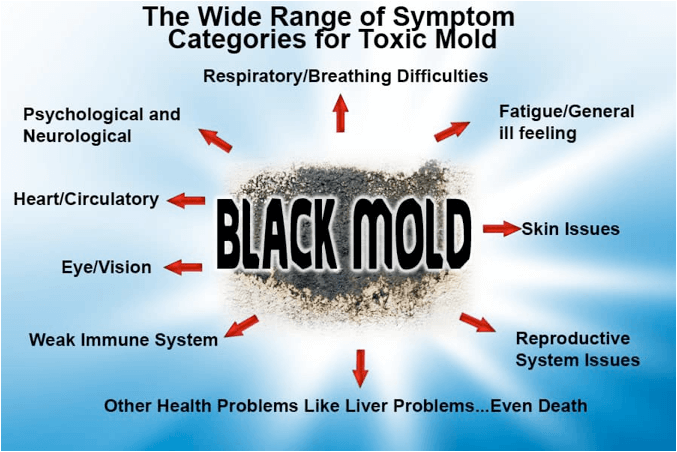
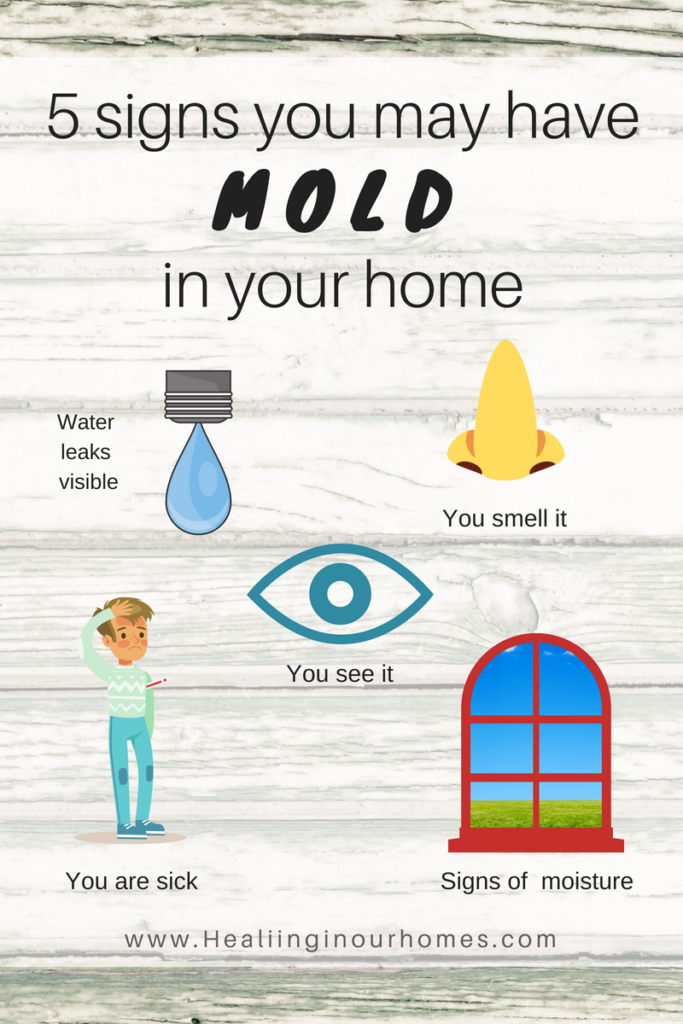


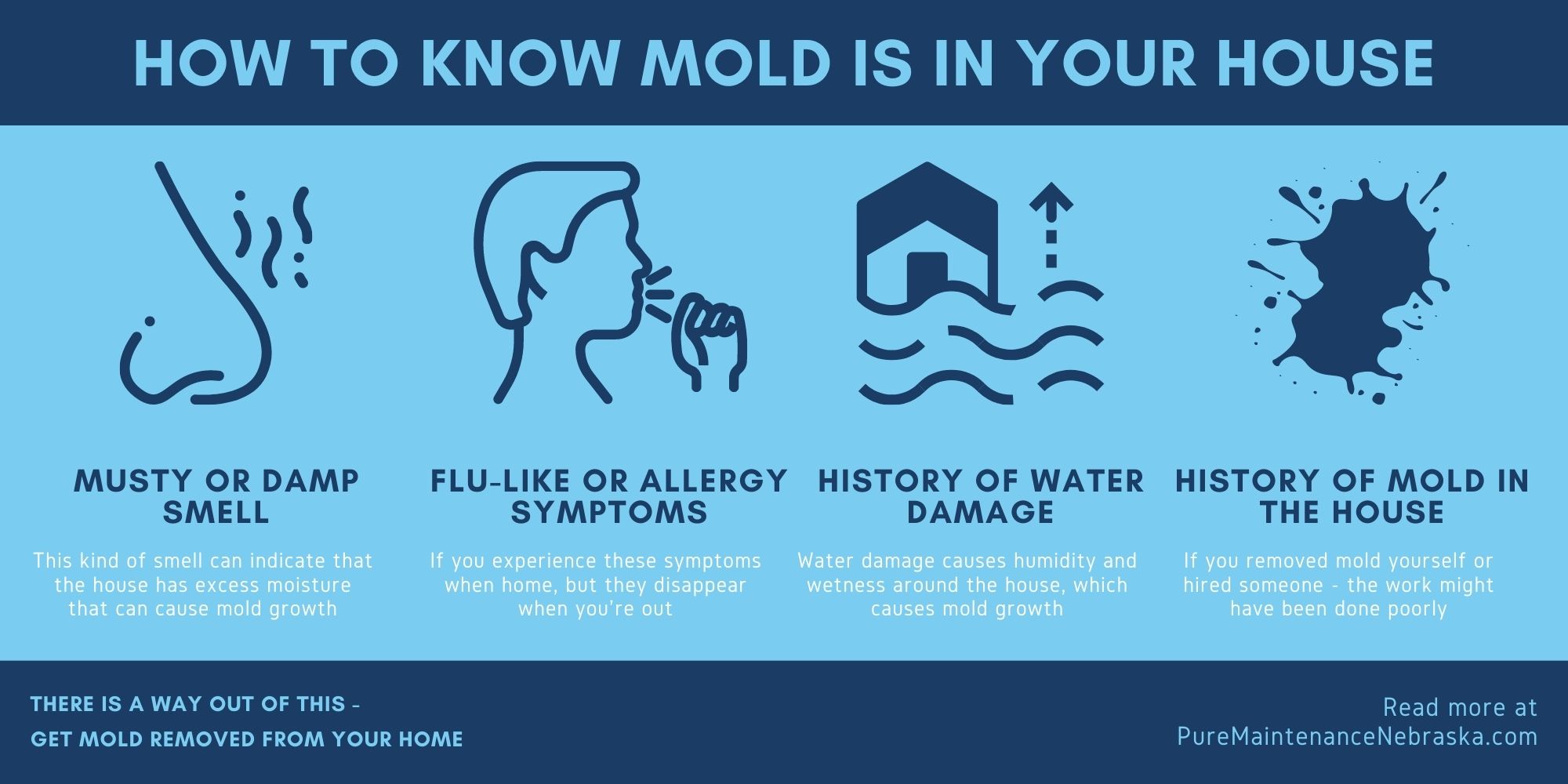
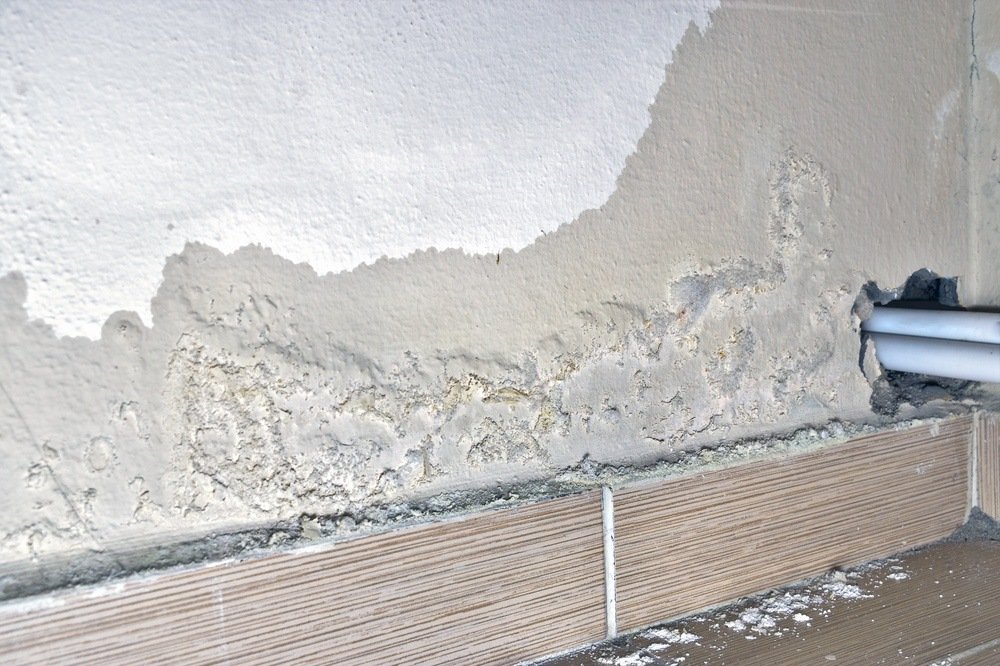
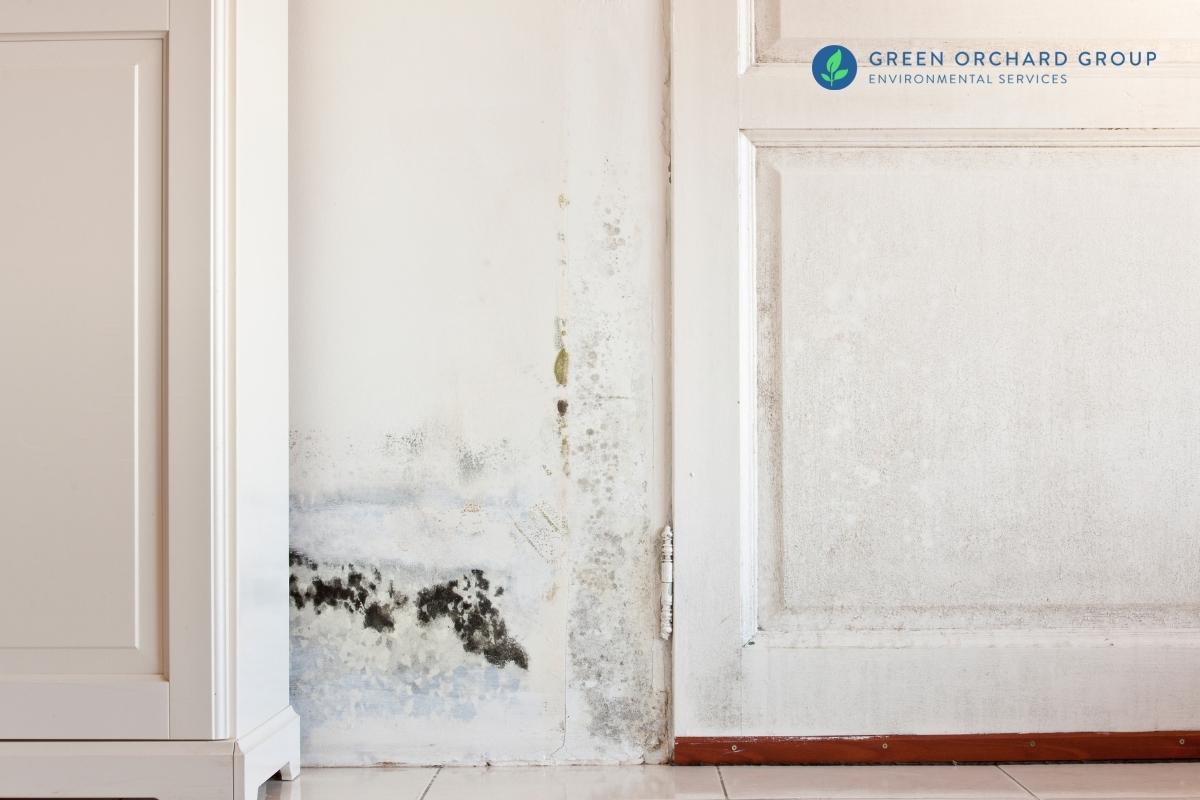
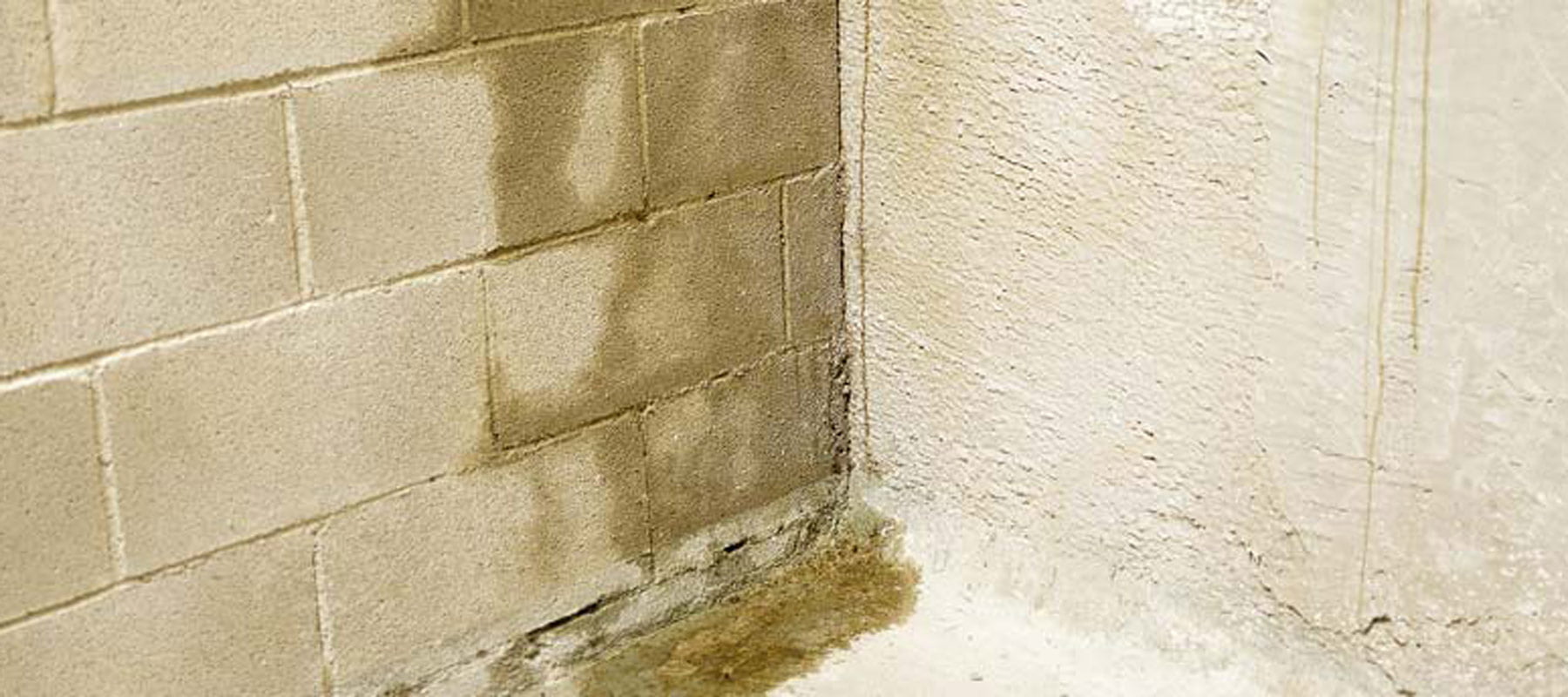


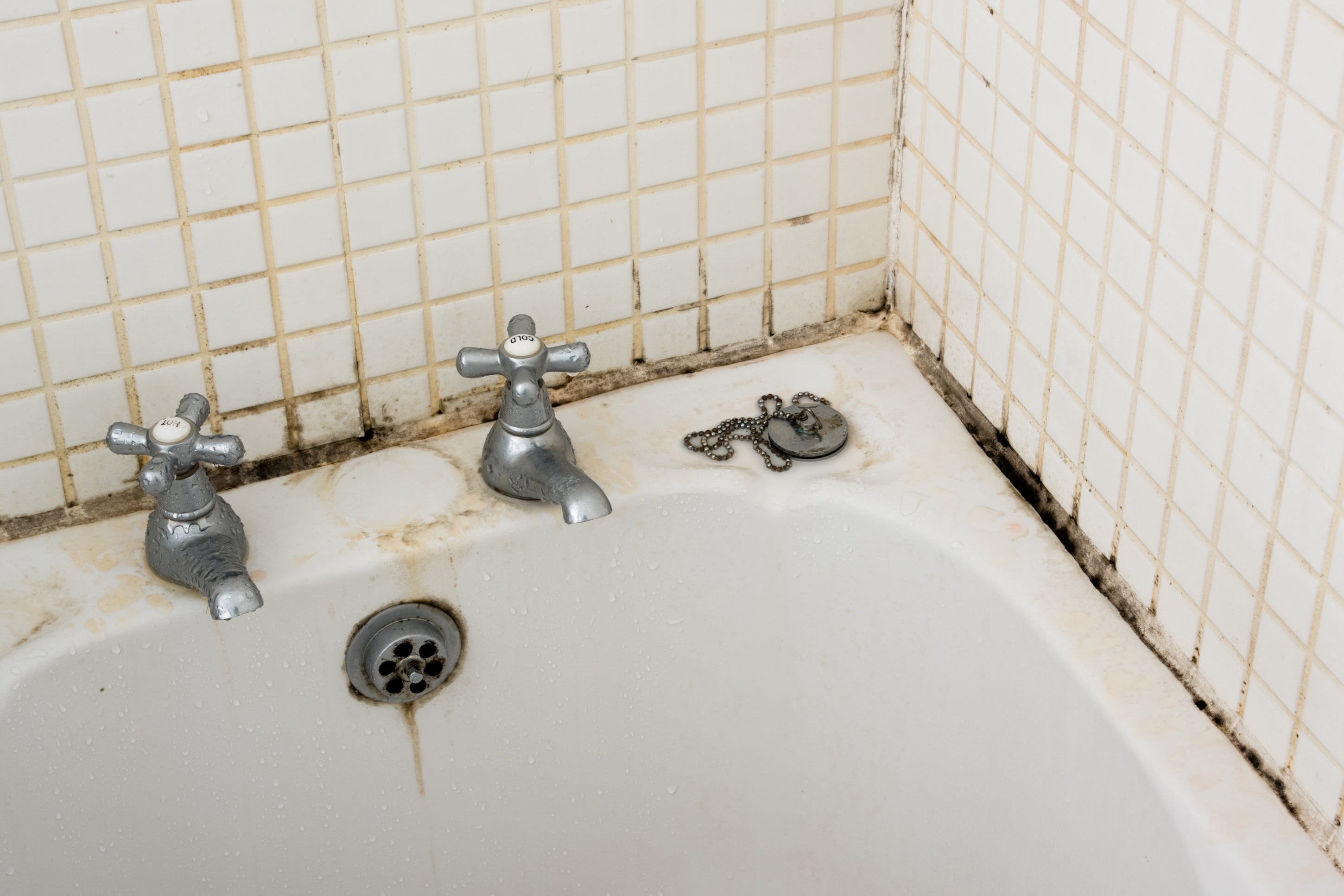
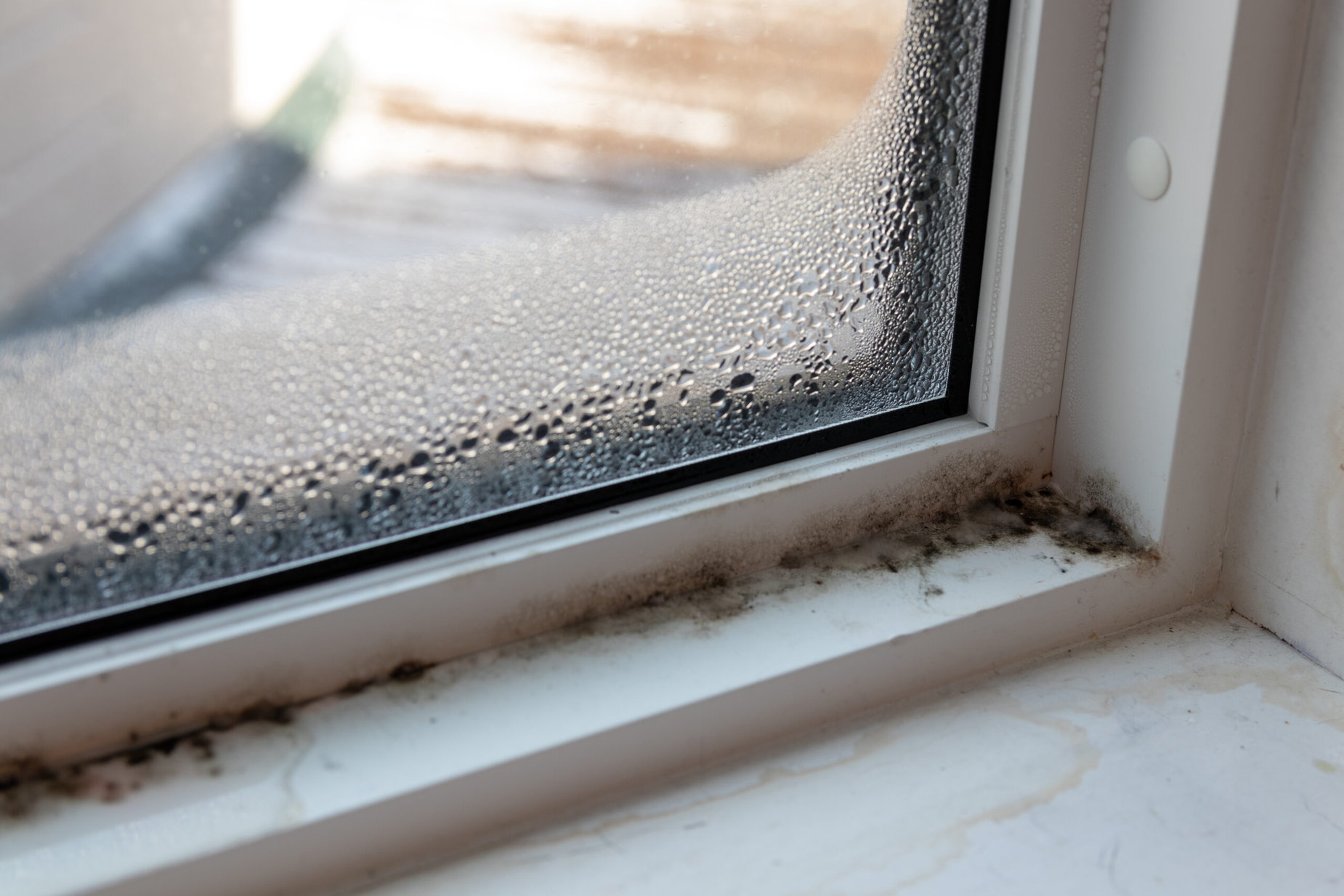




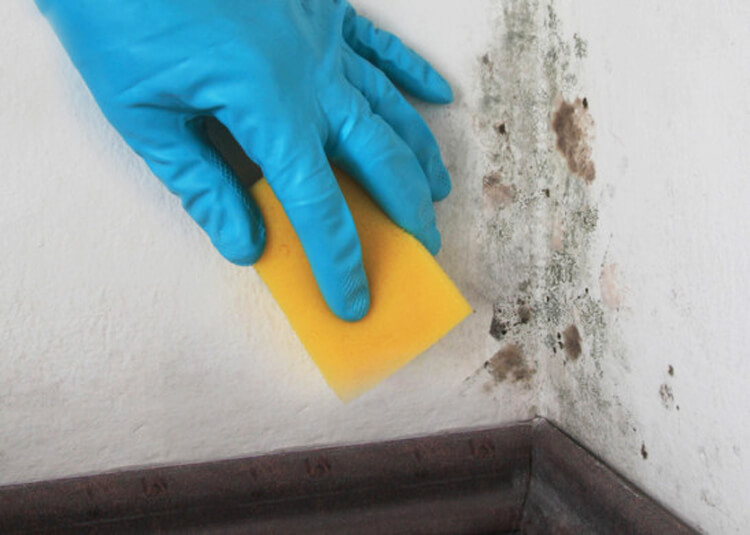
/GettyImages-168259571-a9d38893e3fc4c7ba3f761e1e629ad50.jpg)
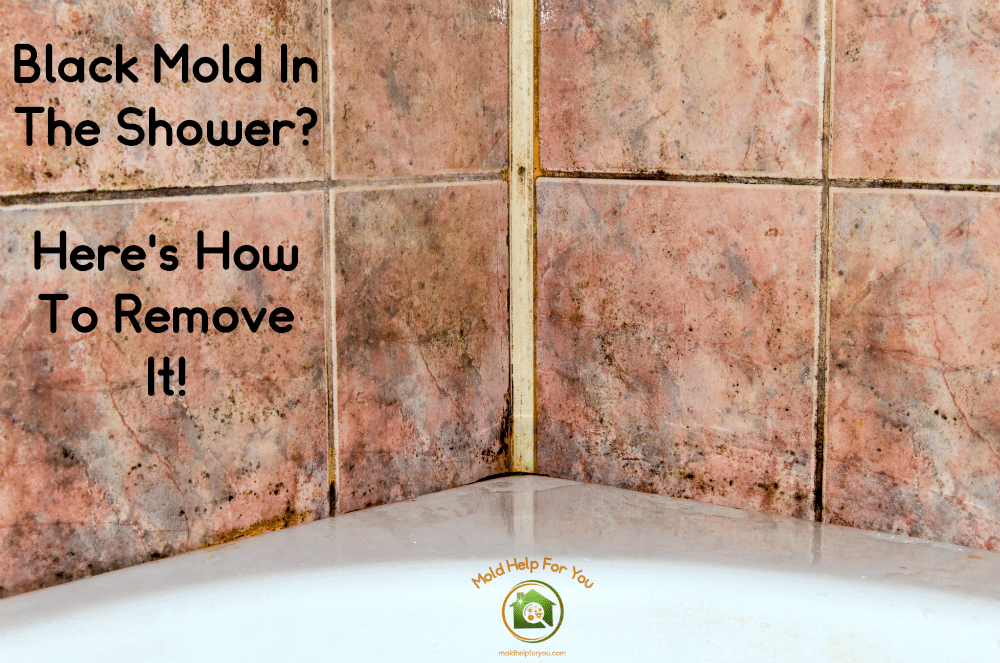
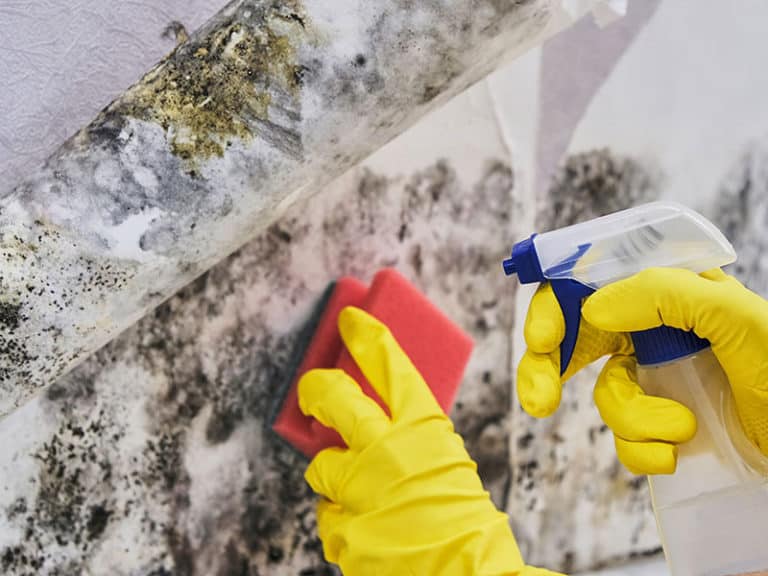
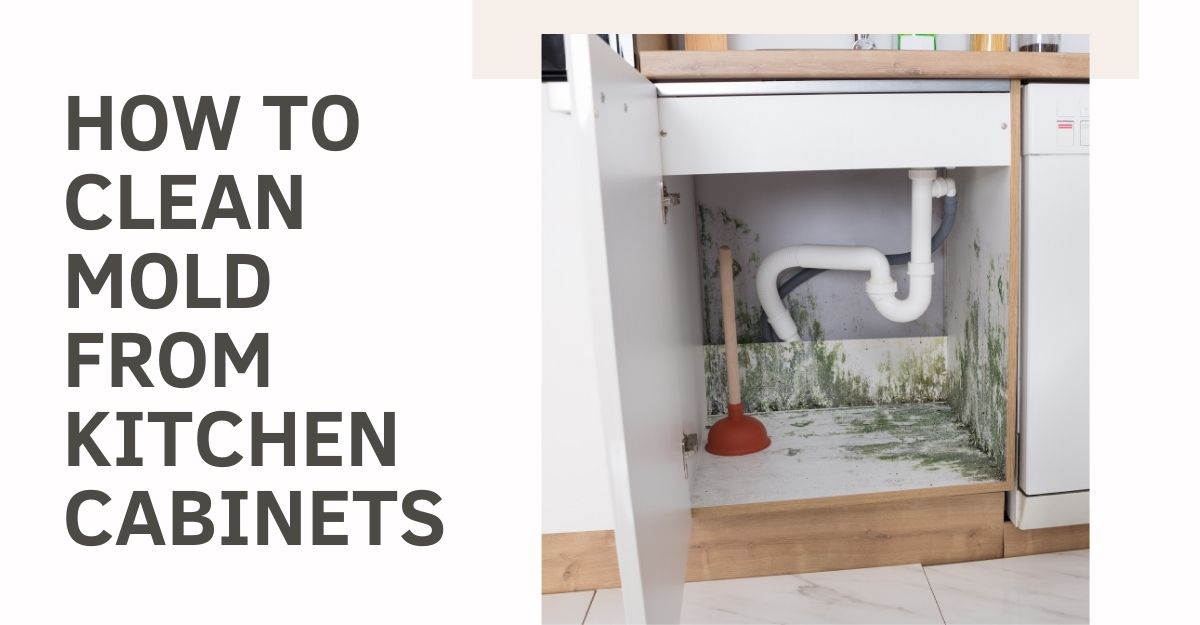

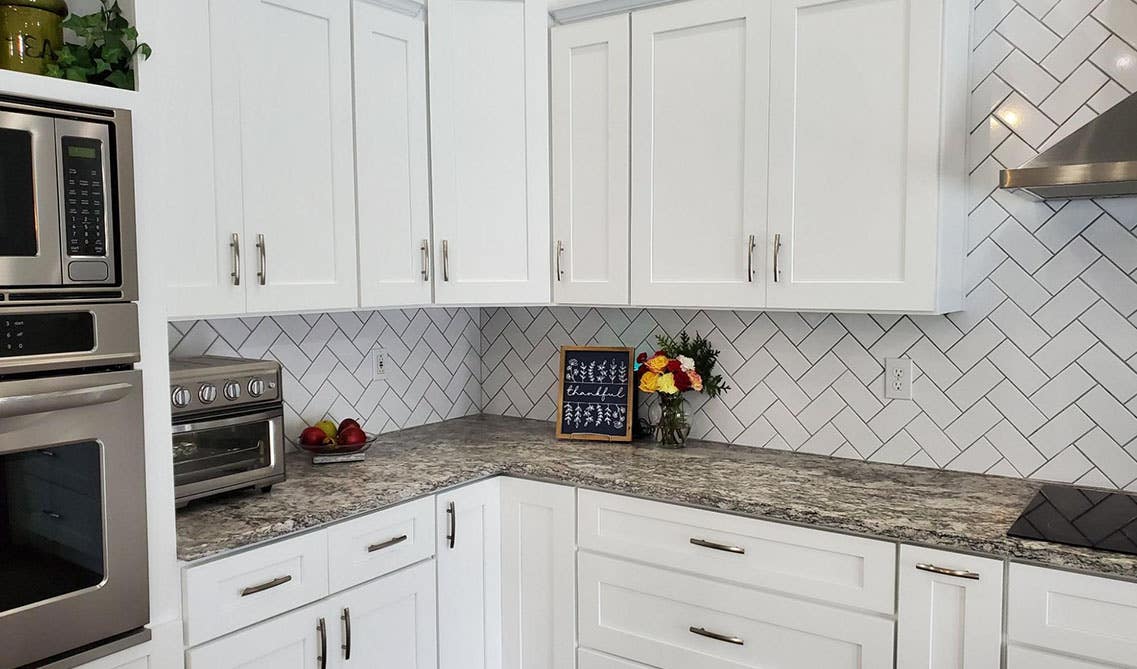





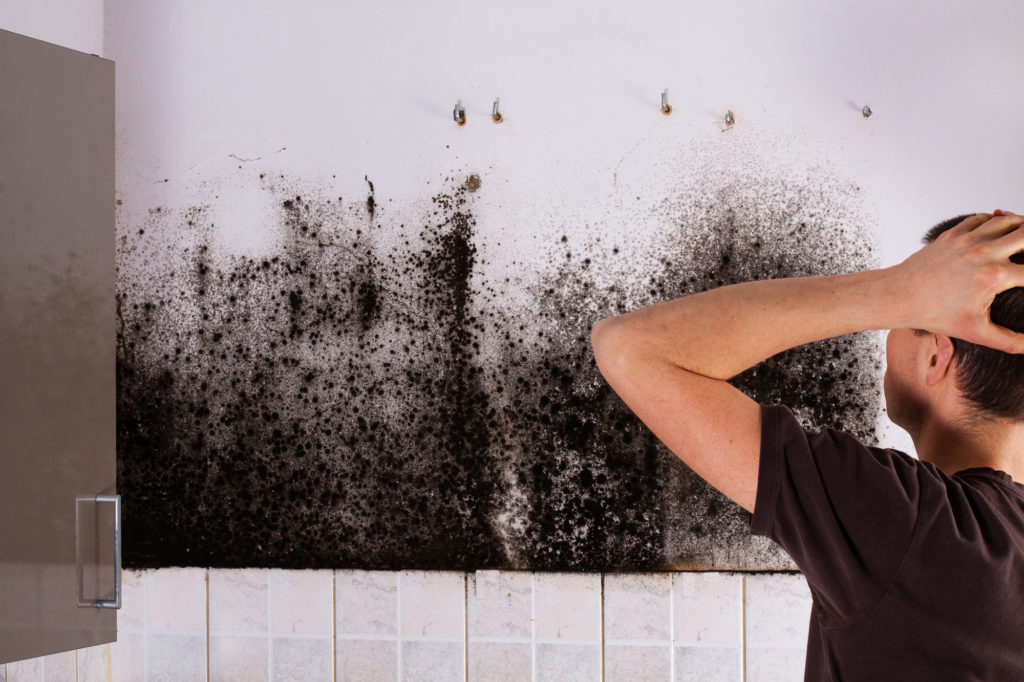
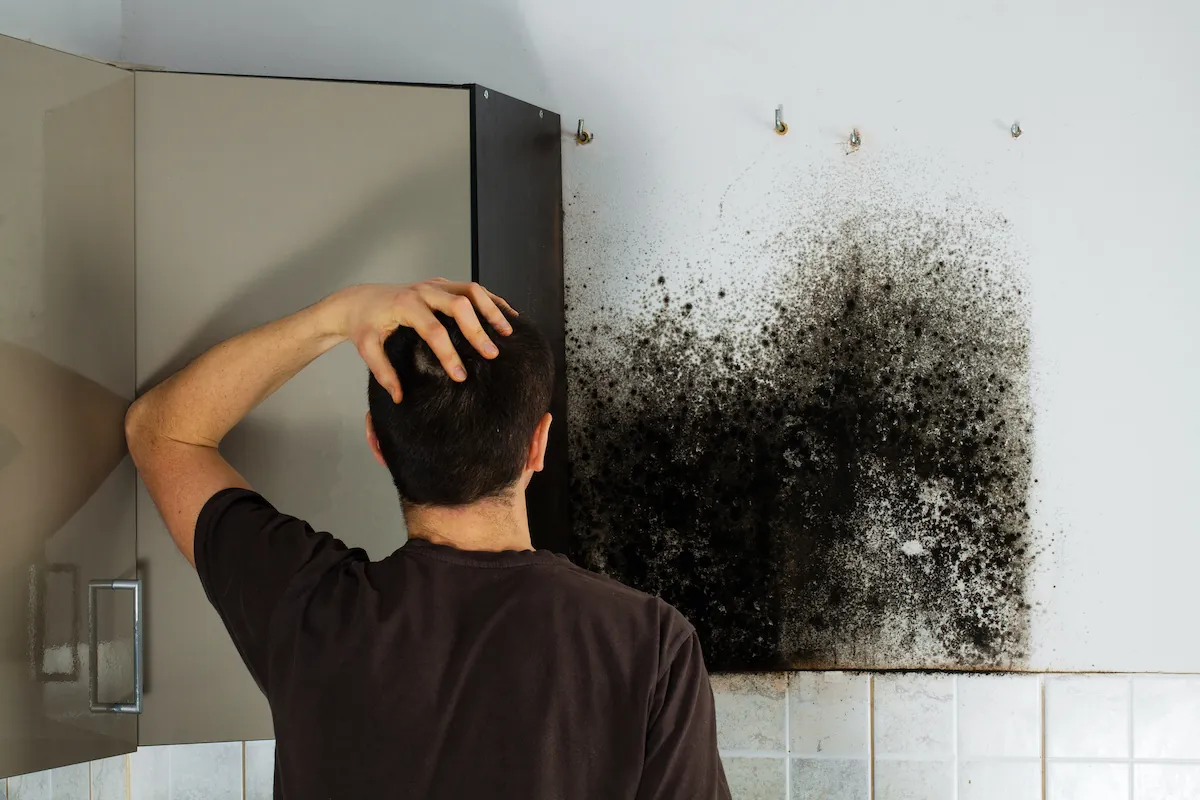


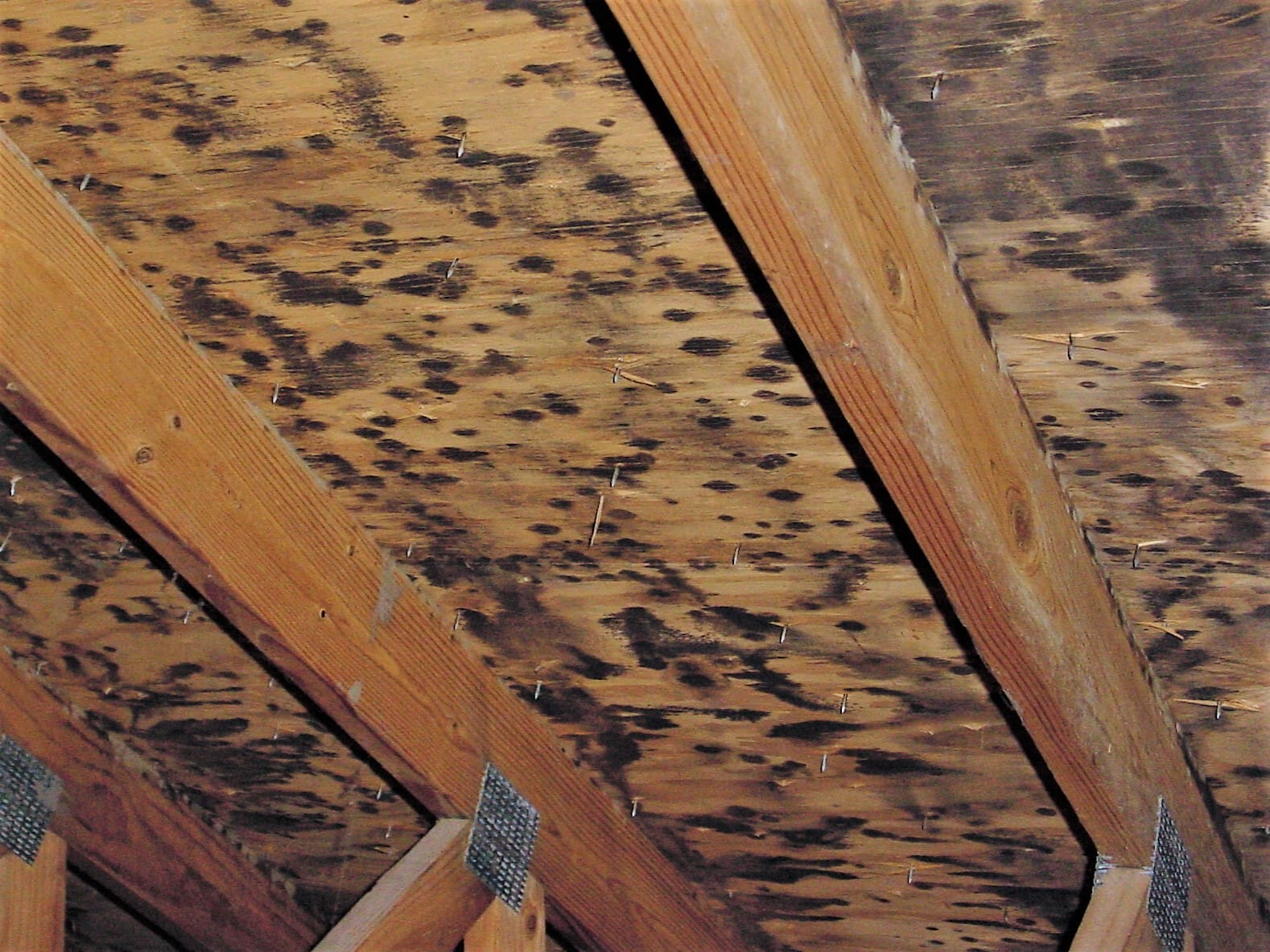
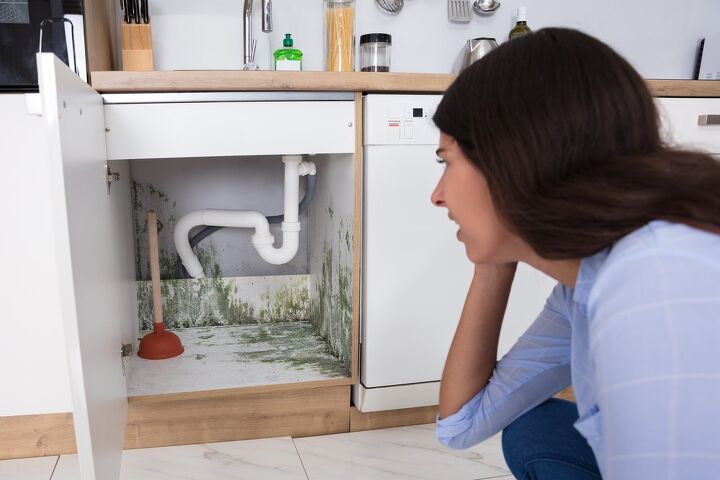

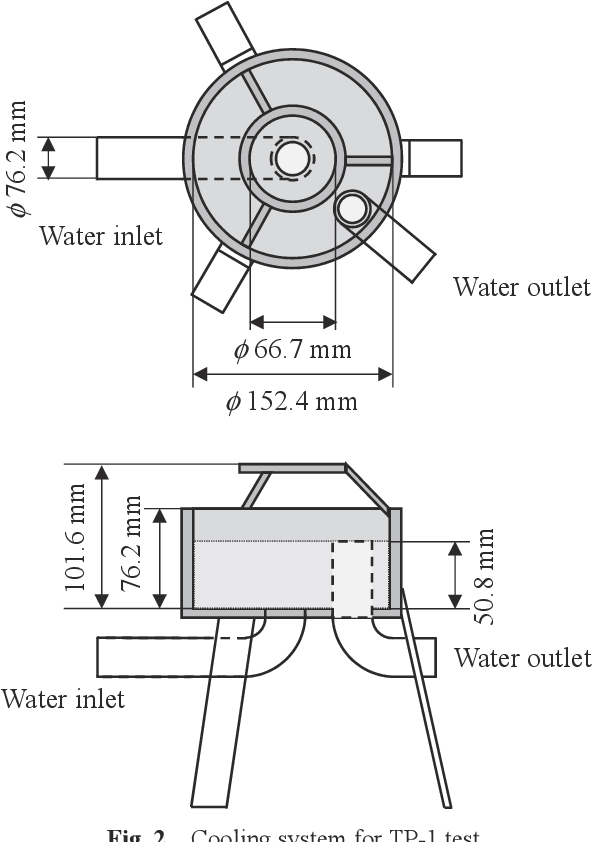



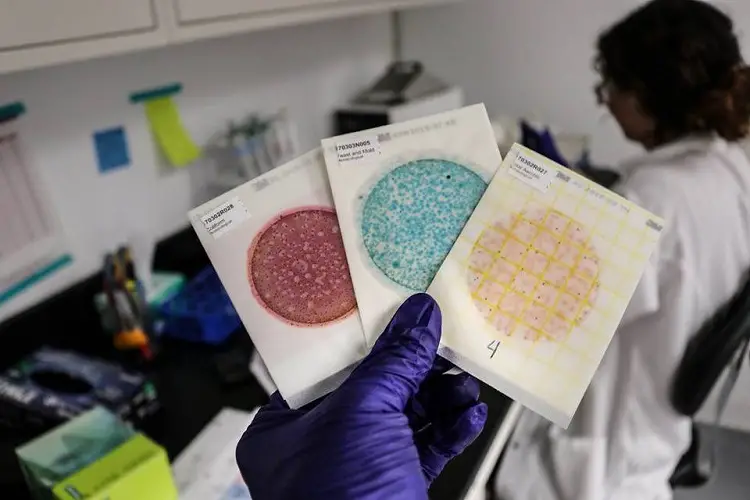
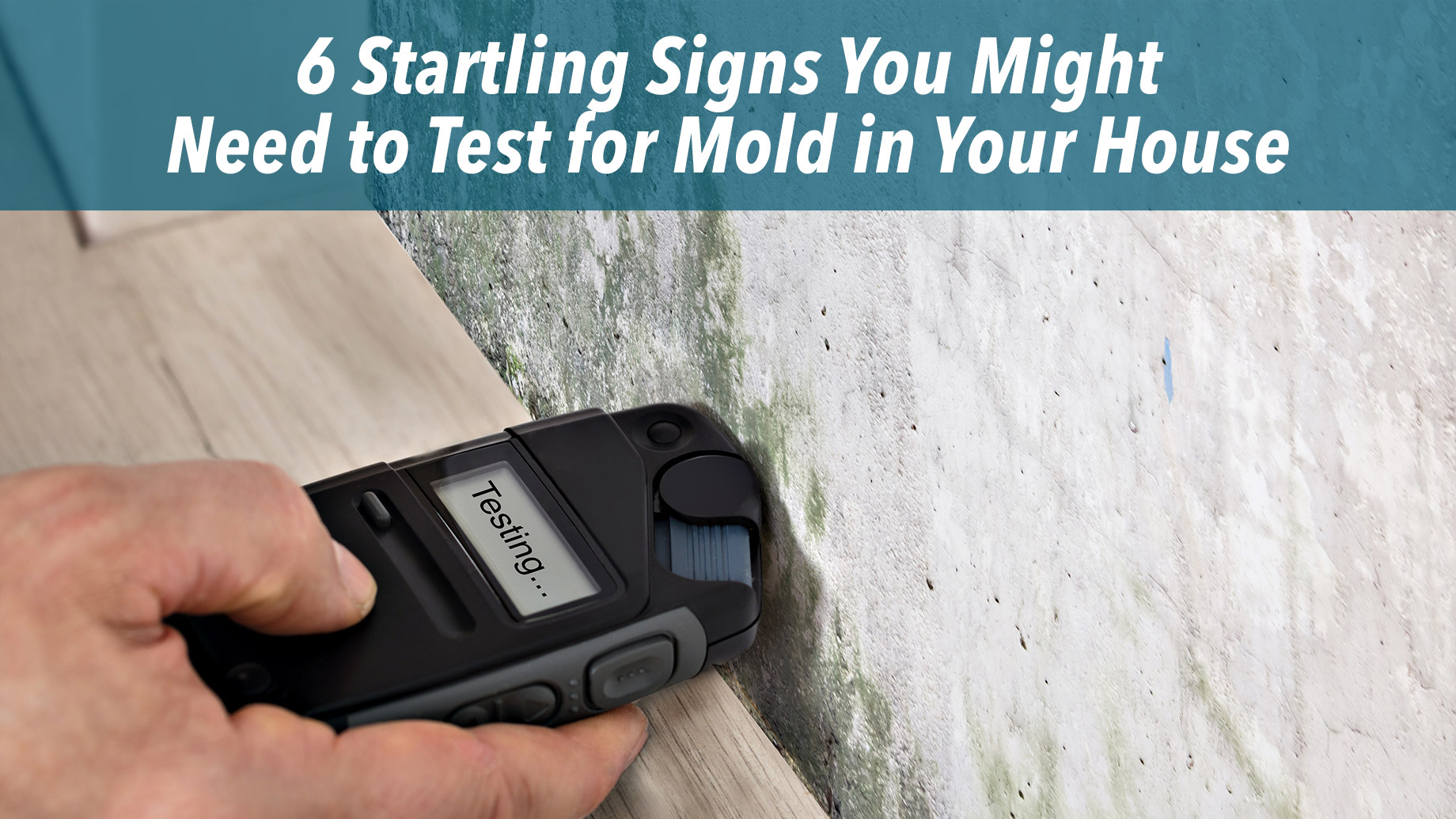
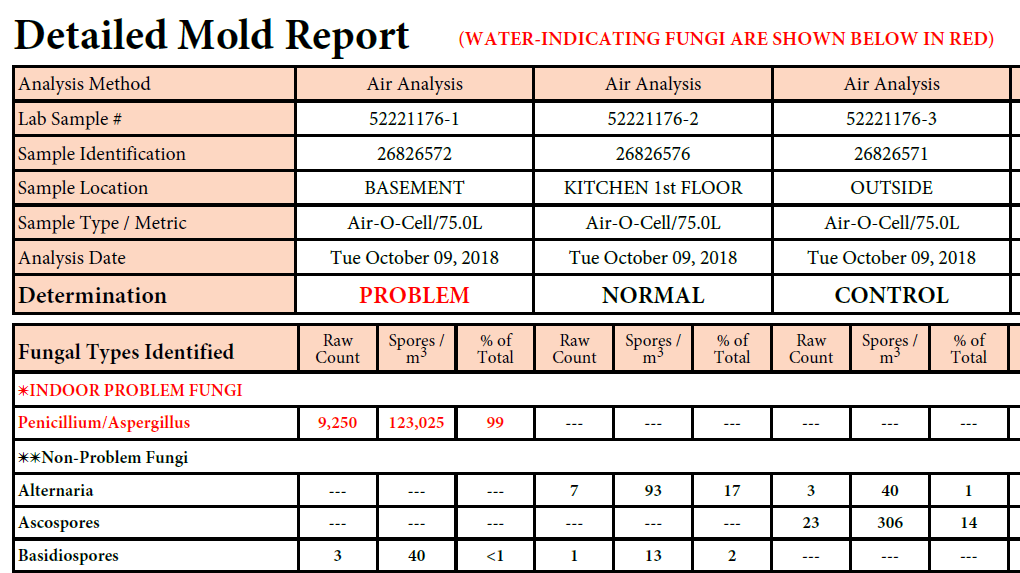
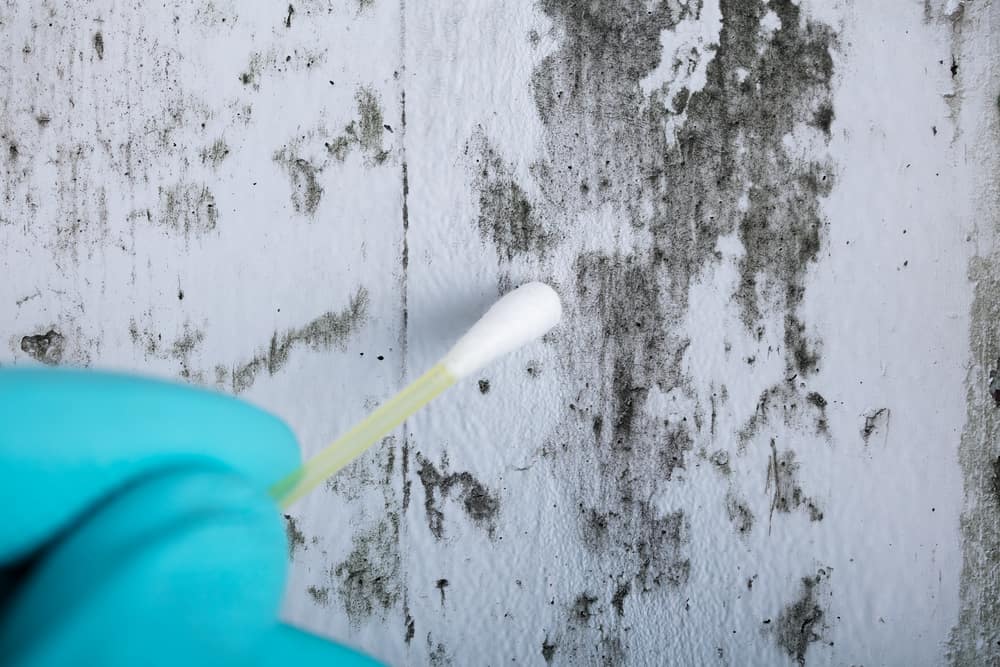
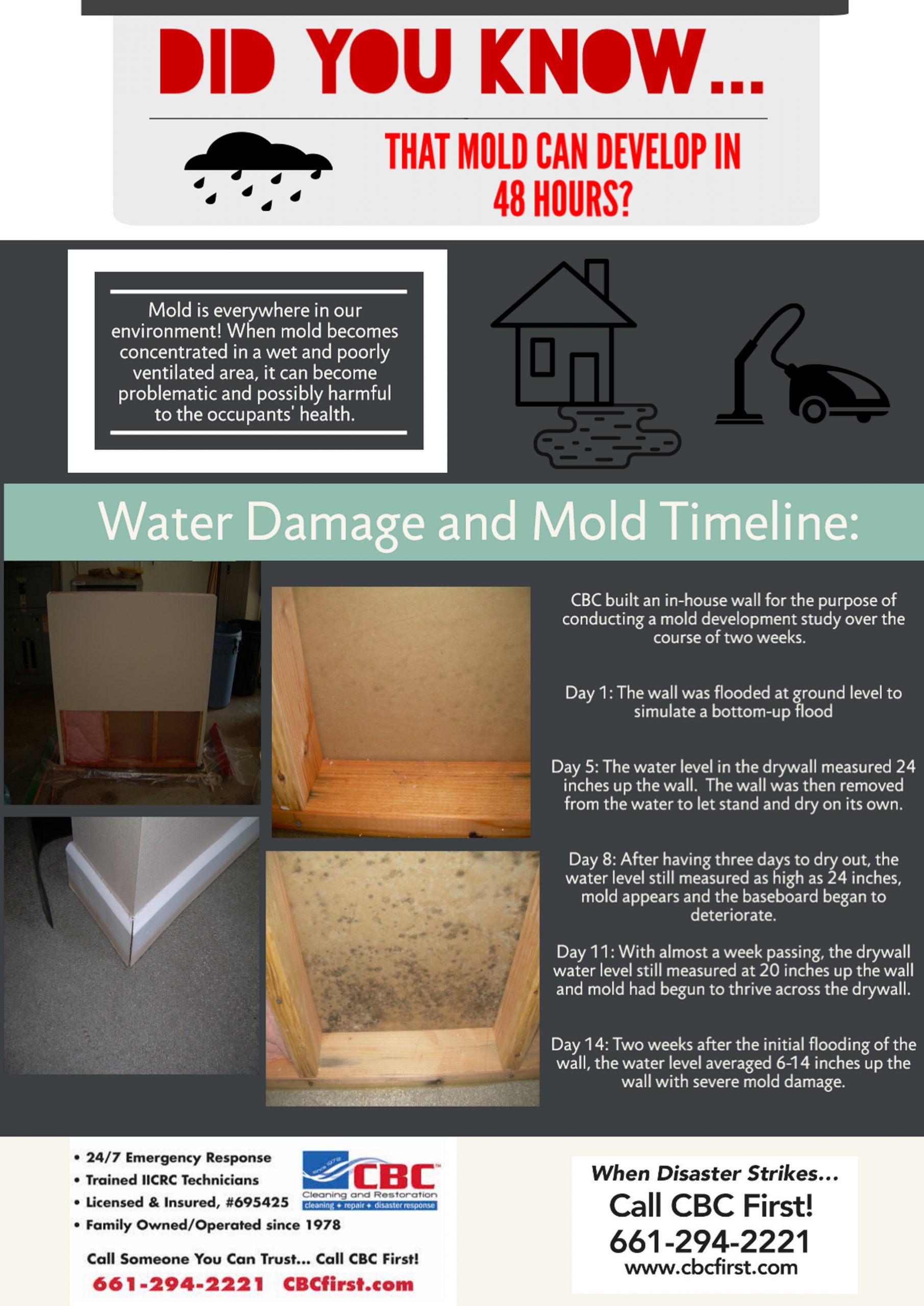





/do0bihdskp9dy.cloudfront.net/10-05-2021/t_f6ca708edb204b3d9e0a794b94aa9487_name_file_1280x720_2000_v3_1_.jpg)




